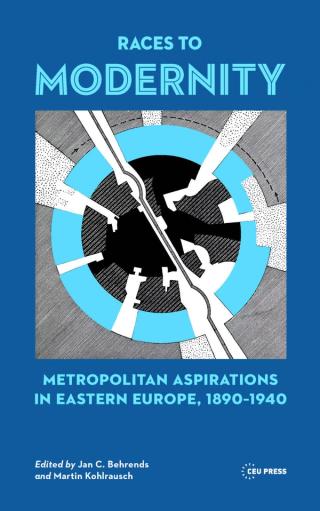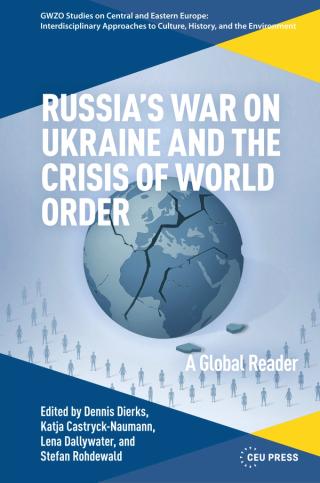
CEU Press
While embracing today’s fast-changing world, Central European University Press (CEU Press) fosters research on history, culture and society to inspire and motivate the next generation of scholars and students. We present a diverse array of forward-thinking, high-quality research that brings clarity and insight to scholarship and public debate.
CEU Press was founded in 1993, emerging at geographic, political and intellectual crossroads. Since its inception, the press published research that engages with broad questions of democracy, social justice, political history, civil society and culture, both within and beyond Central and Eastern Europe. We are building upon a backlist of nearly 700 books, a legacy of high-quality, forward-thinking scholarship. Scroll the backlist below, or search for a specific title here.
CEU Press strives to support democratic thought, academic freedom and a diverse set of voices. From all disciplines of the humanities and social sciences, we publish books and journals on topics ranging from politics and international relations to literature and global heritage studies, from cultural to environmental and media studies, and from history to economics and law.
As an independent publisher, CEU Press is at the forefront of open publishing, offering authors and institutions multiple open access options – meaning research is free to read globally. Read more about our innovative Opening the Future model, a BPC-free book publishing initiative here.


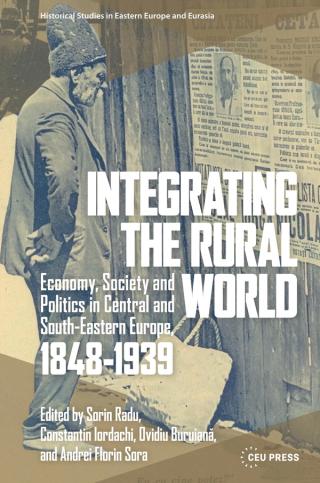
Integrating the Rural World
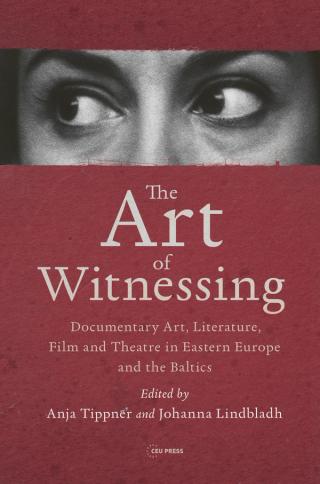
The Art of Witnessing
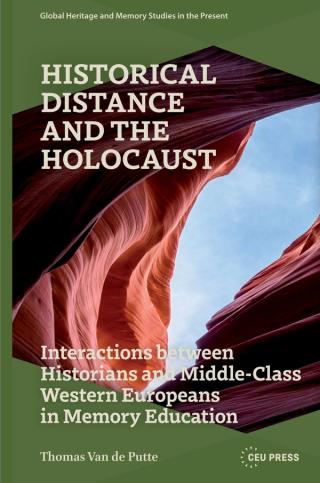
Historical Distance and the Holocaust
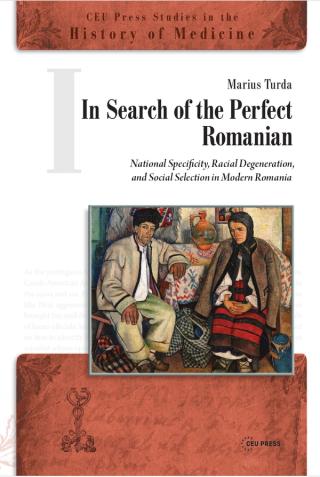
In Search of the Perfect Romanian
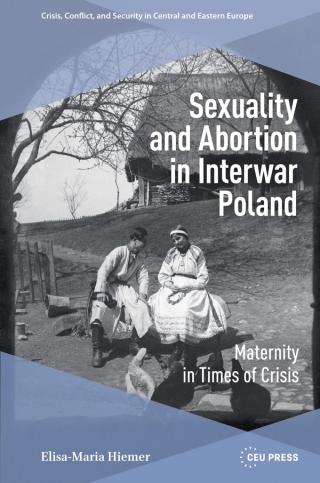
Sexuality and Abortion in Interwar Poland
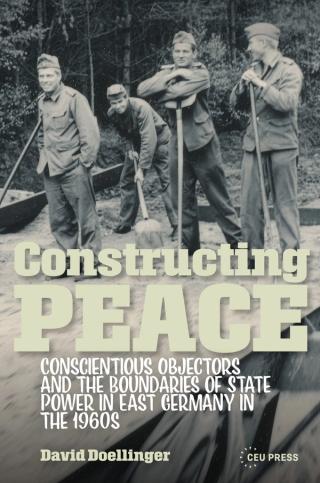
Constructing Peace
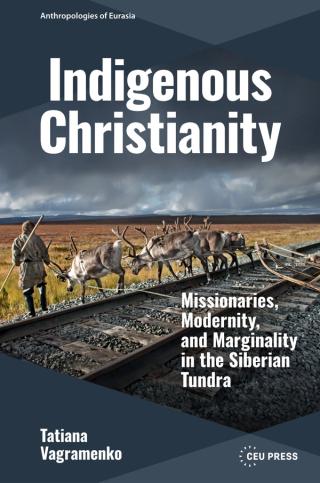
Indigenous Christianity
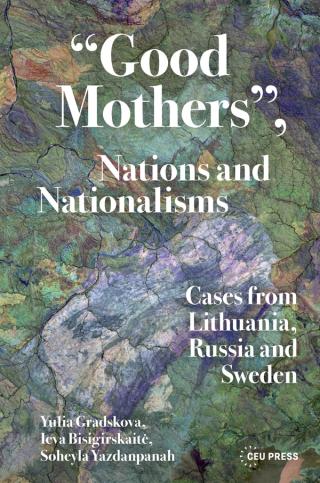
“Good Mothers”, Nations and Nationalisms
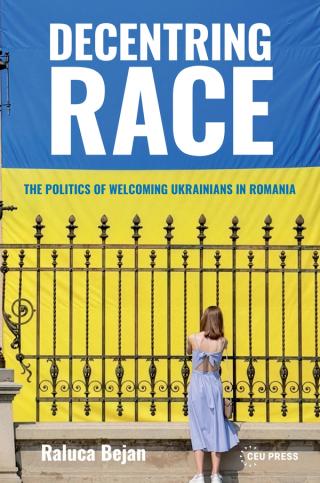
Decentring Race
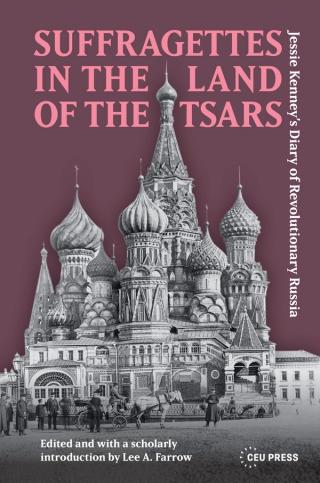
Suffragettes in the Land of the Tsars
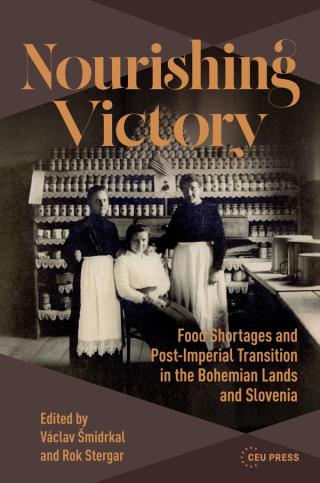
Nourishing Victory
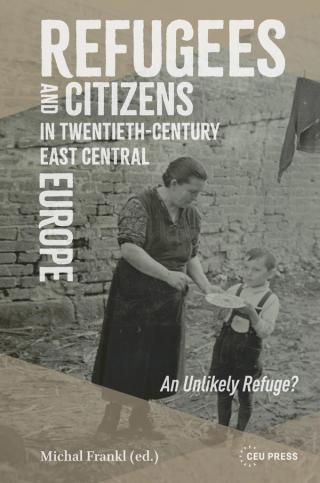
Refugees and Citizens in Twentieth-Century East Central Europe
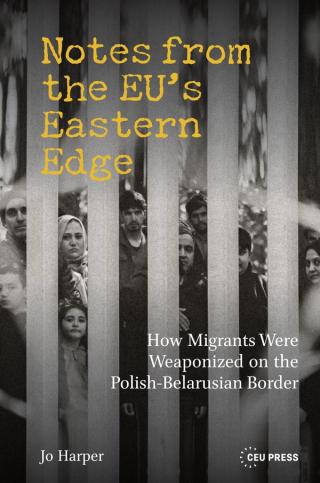
Notes from the EU’s Eastern Edge
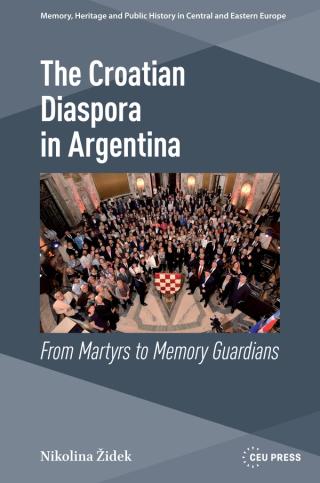
The Croatian Diaspora in Argentina
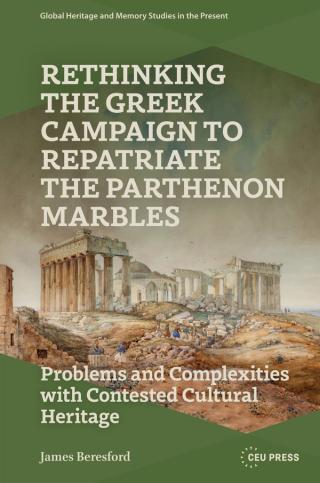
Rethinking the Greek Campaign to Repatriate the Parthenon Marbles
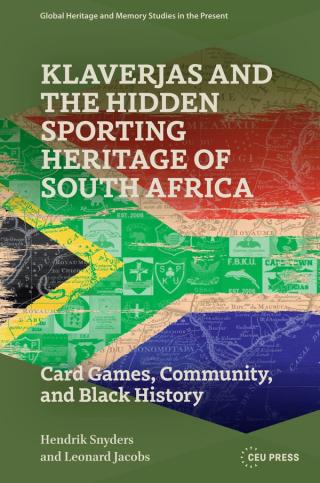
Klaverjas and the Hidden Sporting Heritage of South Africa
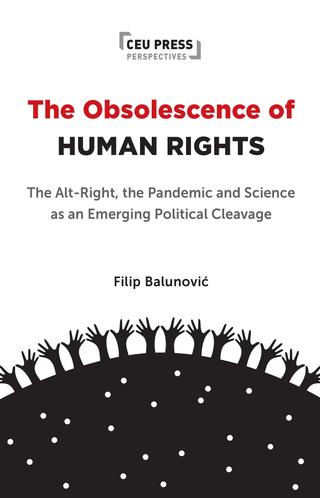
The Obsolescence of Human Rights
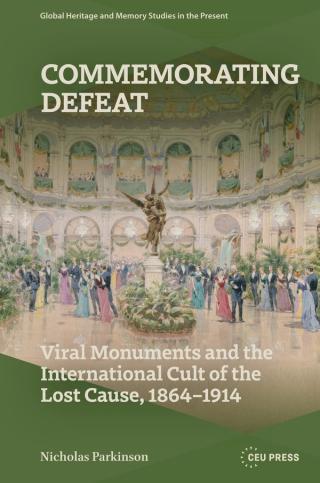
Commemorating Defeat
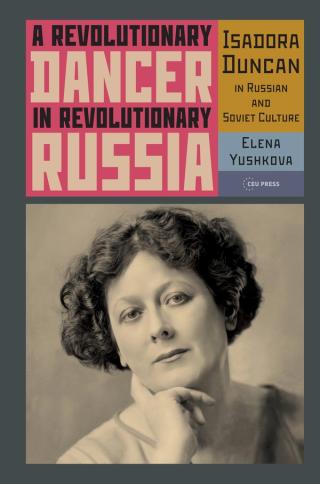
A Revolutionary Dancer in Revolutionary Russia
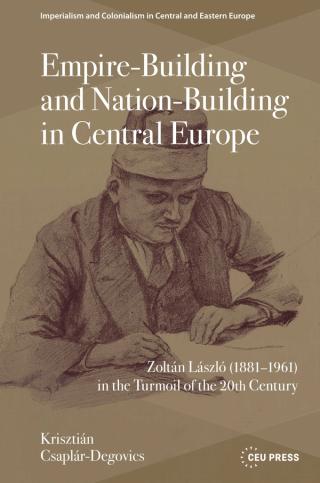
Empire-Building and Nation-Building in Central Europe
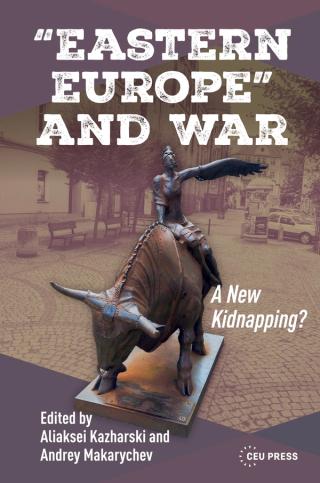
“Eastern Europe” and War
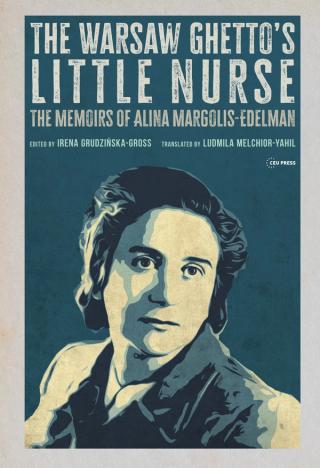
The Warsaw Ghetto's Little Nurse
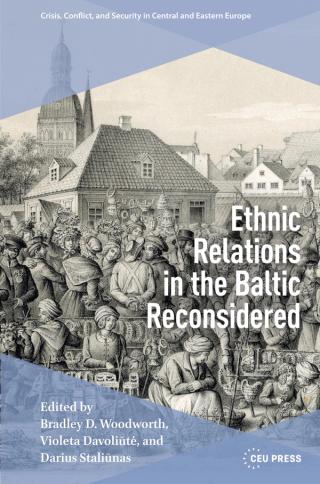
Ethnic Relations in the Baltic Reconsidered
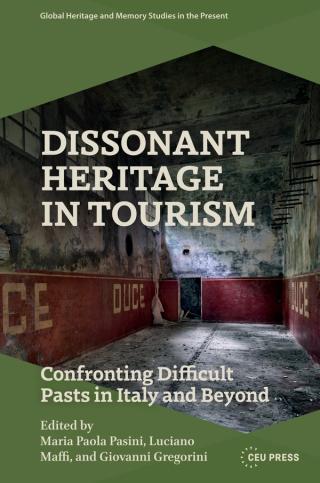
Dissonant Heritage in Tourism
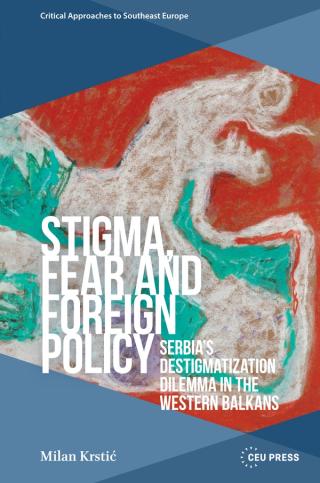
Stigma, Fear and Foreign Policy
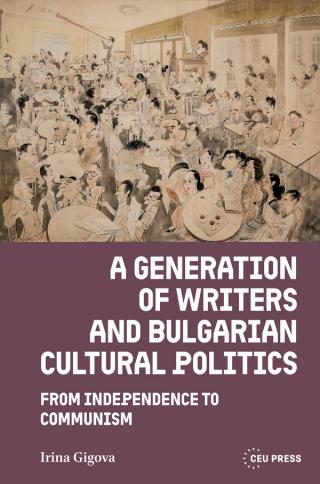
A Generation of Writers and Bulgarian Cultural Politics
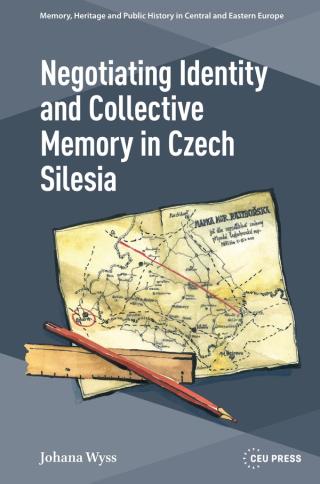
Negotiating Identity and Collective Memory in Czech Silesia

Situated Marxism

An Environmental History of Knowledge and Politics
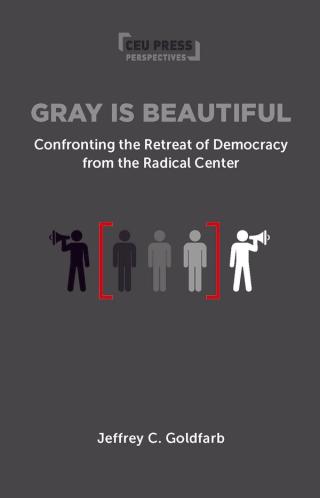
Gray is Beautiful
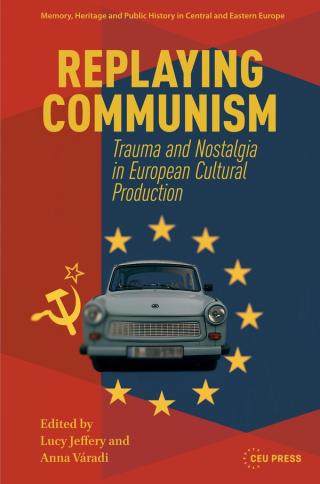
Replaying Communism
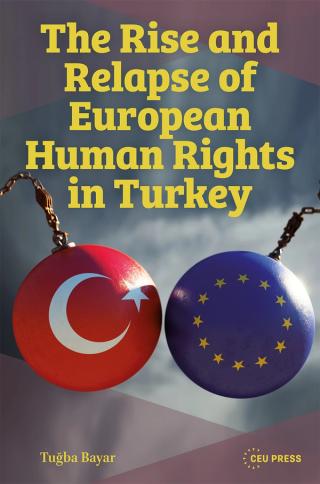
The Rise and Relapse of European Human Rights in Turkey
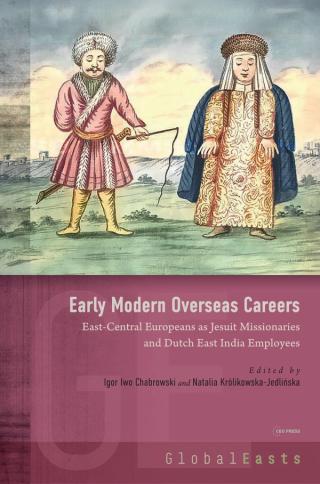
Early Modern Overseas Careers
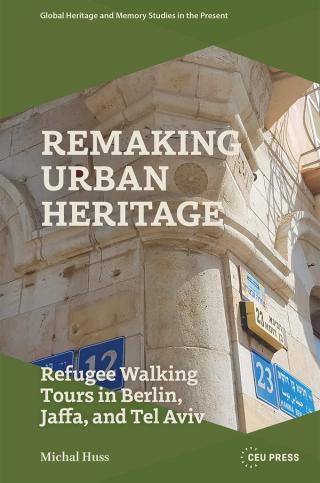
Remaking Urban Heritage
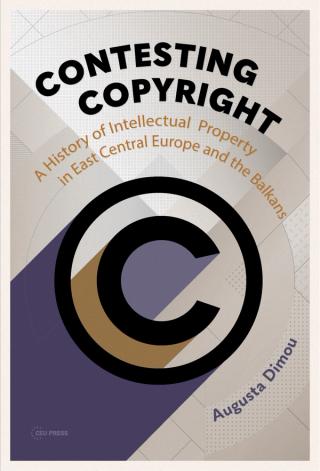
Contesting Copyright
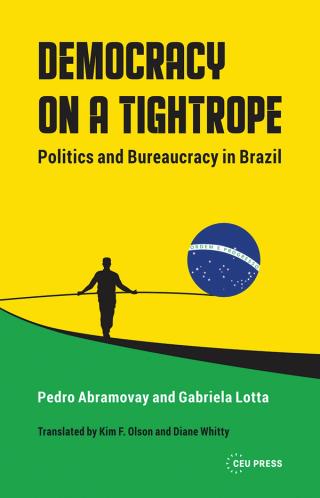
Democracy on a Tightrope
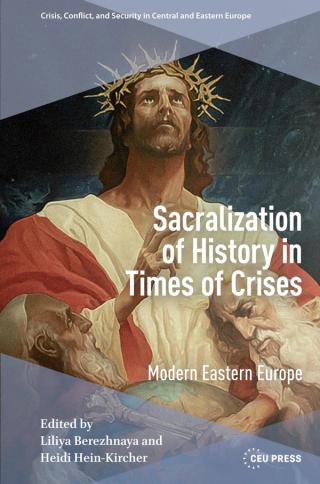
Sacralization of History in Times of Crises
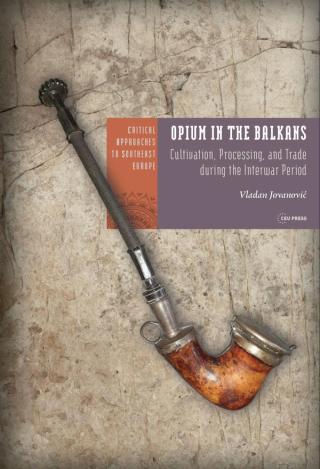
Opium in the Balkans
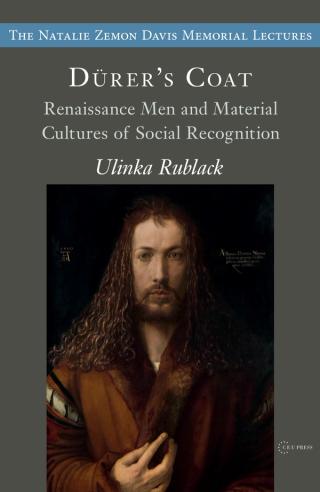
Dürer's Coats
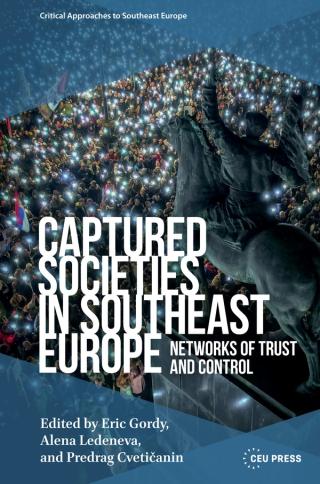
Captured Societies in Southeast Europe
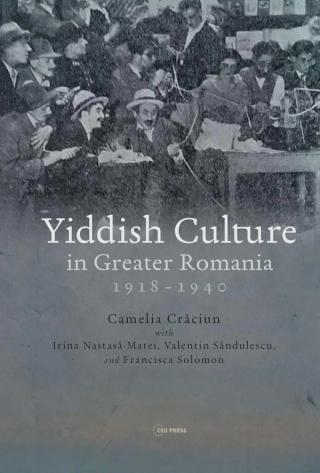
Yiddish Culture in Greater Romania (1918-1940)
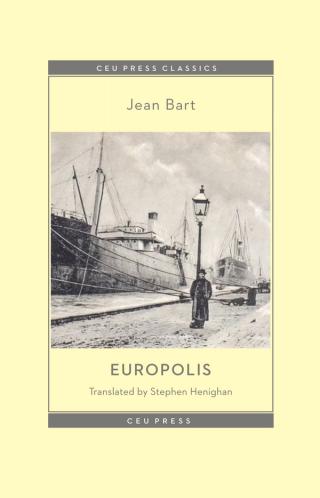
Europolis
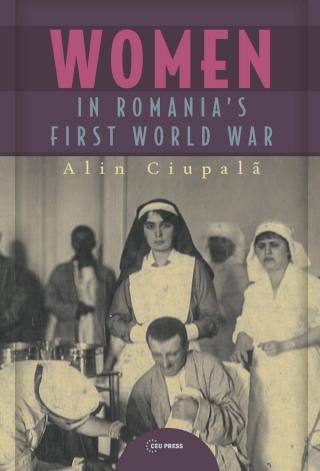
Women in Romania’s First World War
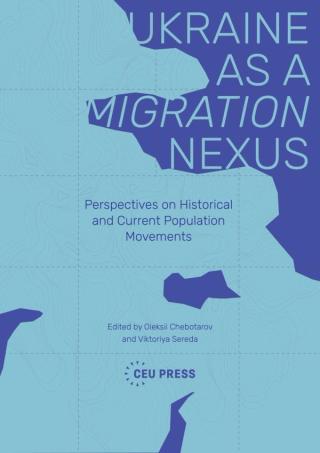
Ukraine as a Migration Nexus
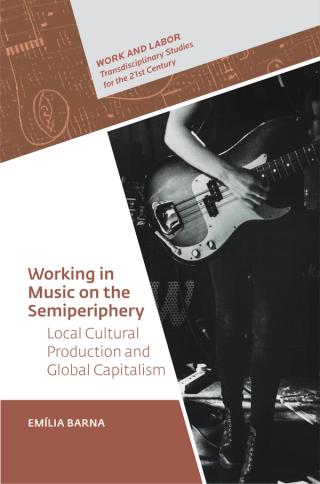
Working in Music on the Semiperiphery
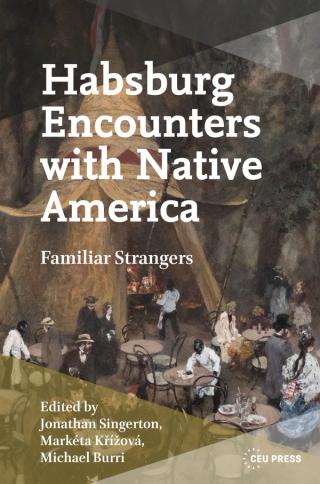
Habsburg Encounters with Native America
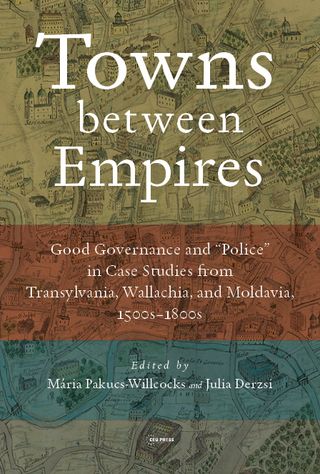
Towns between Empires
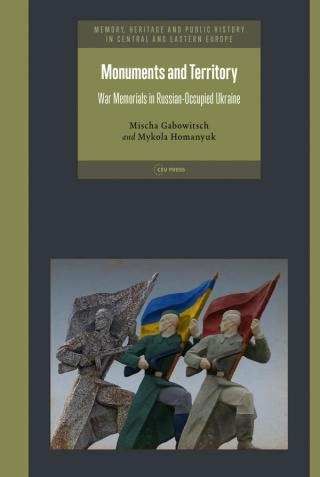
Monuments and Territory
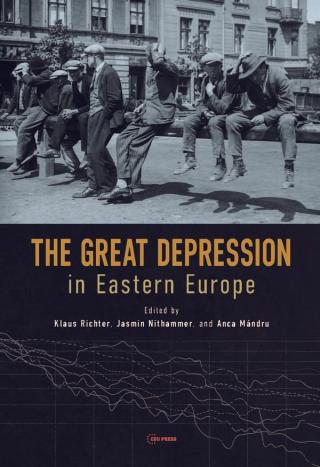
The Great Depression in Eastern Europe
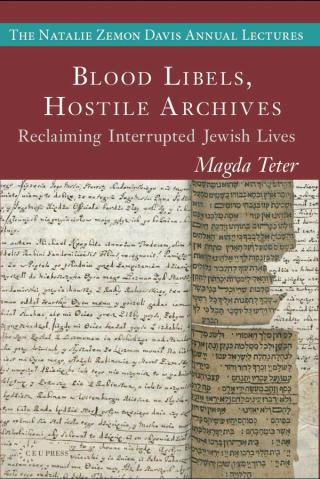
Blood Libels, Hostile Archives
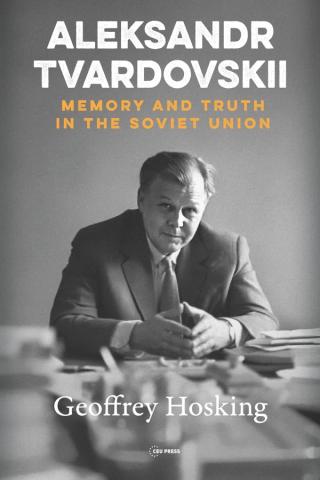
Aleksandr Tvardovskii
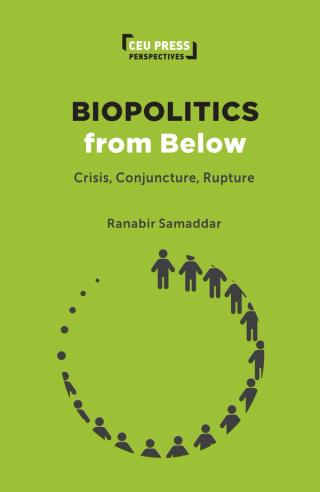
Biopolitics from Below
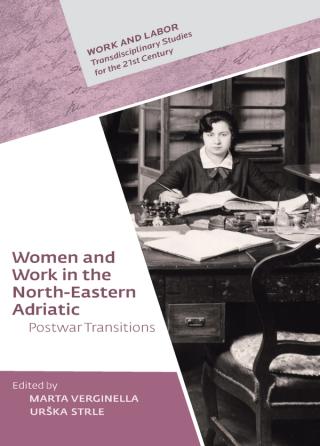
Women and Work in the North-Eastern Adriatic

Pandemic Power
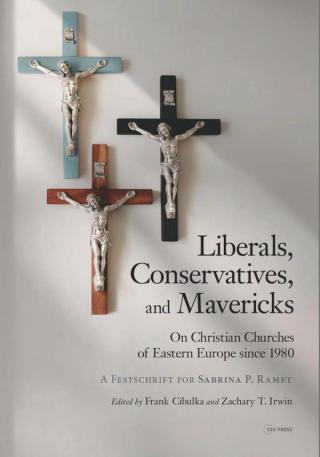
Liberals, Conservatives, and Mavericks
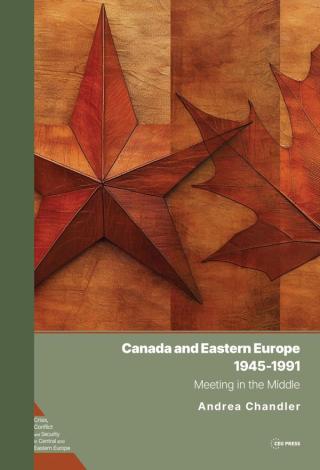
Canada and Eastern Europe, 1945–1991
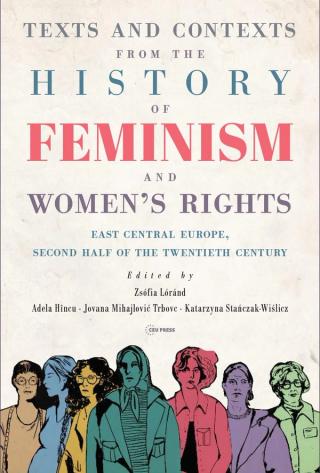
Texts and Contexts from the History of Feminism and Women’s Rights

Academic Freedom in a Plural World
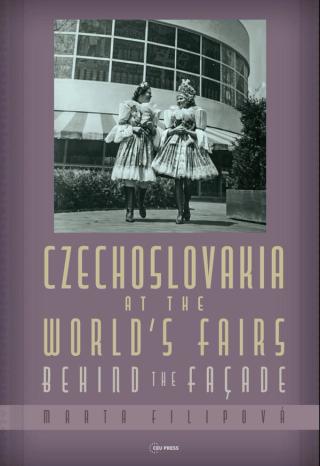
Czechoslovakia at the World’s Fairs
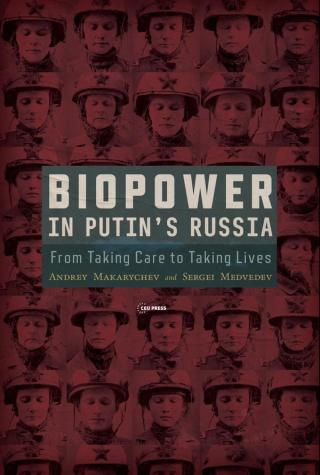
Biopower in Putin’s Russia
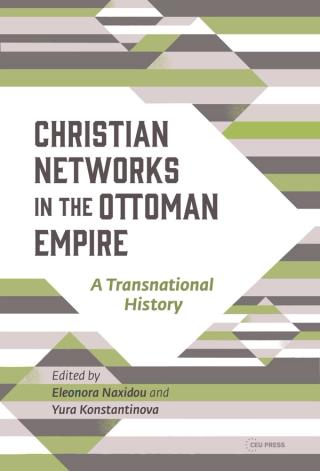
Christian Networks in the Ottoman Empire
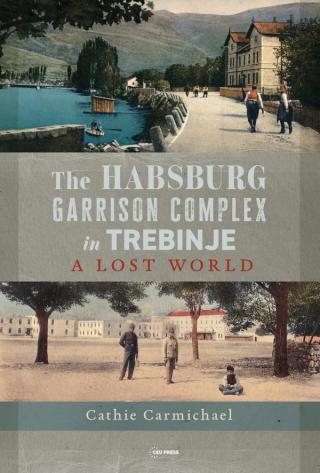
The Habsburg Garrison Complex in Trebinje
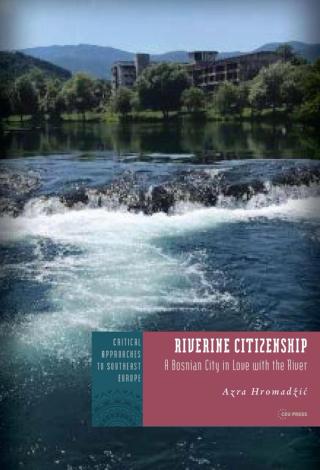
Riverine Citizenship
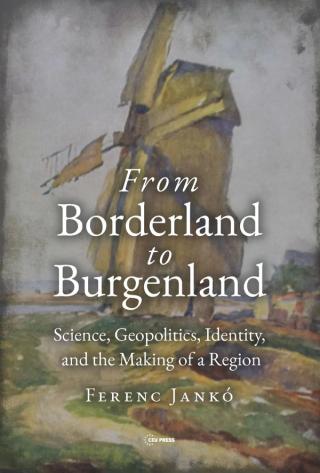
From Borderland to Burgenland
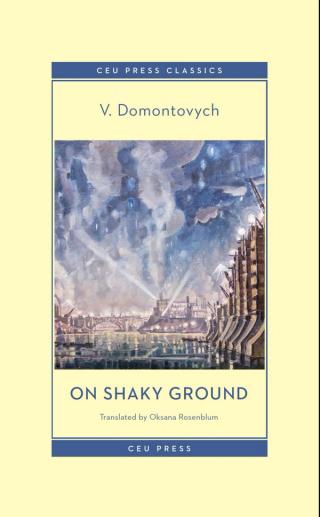
On Shaky Ground
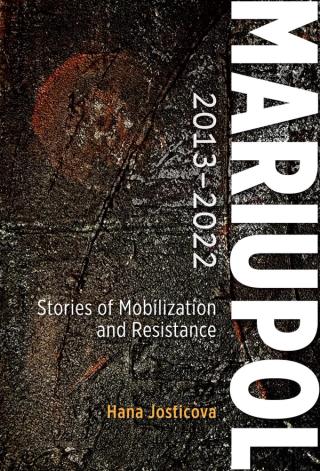
Mariupol 2013-2022
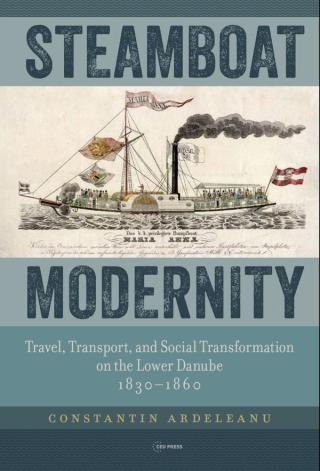
Steamboat Modernity
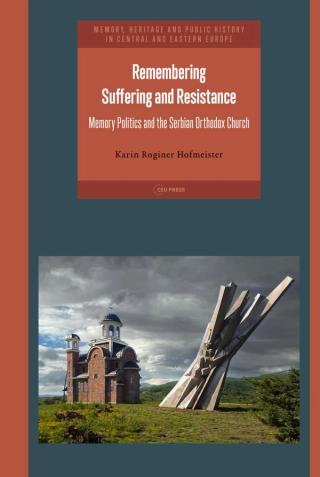
Remembering Suffering and Resistance
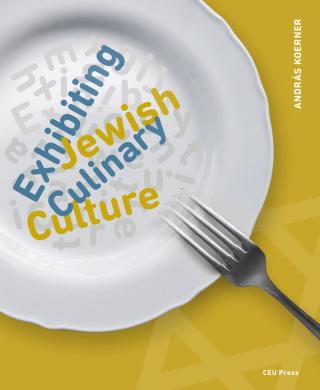
Exhibiting Jewish Culinary Culture
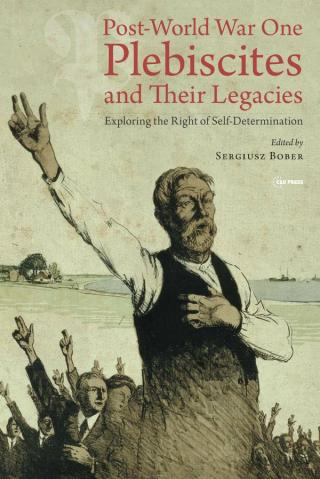
Post-World War One Plebiscites and Their Legacies
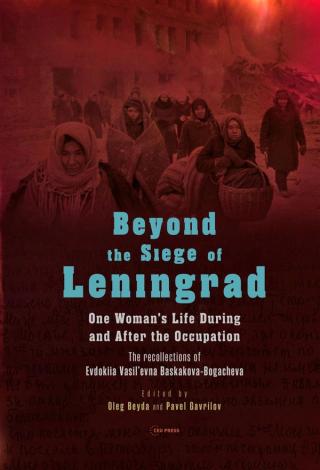
Beyond the Siege of Leningrad
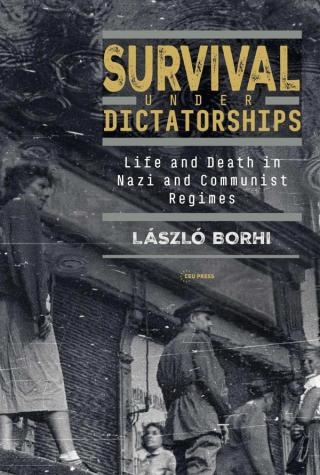
Survival under Dictatorships
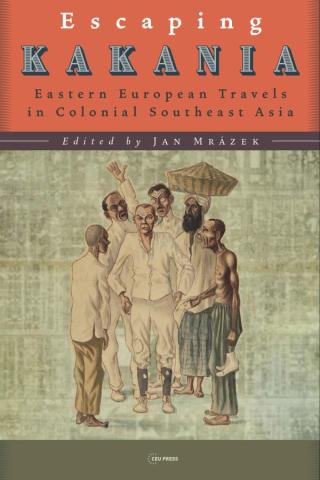
Escaping Kakania

Exposed Memories
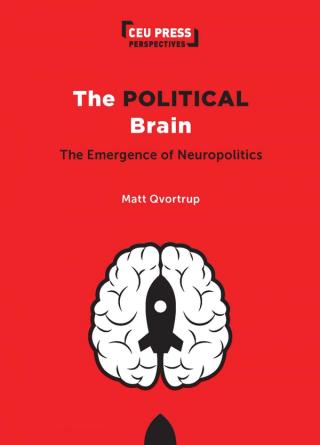
The Political Brain
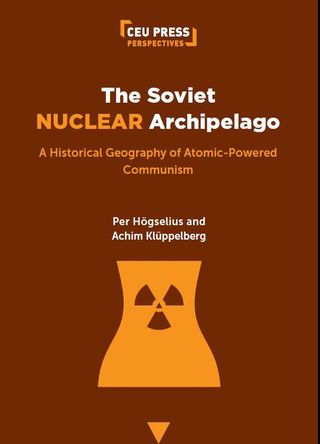
The Soviet Nuclear Archipelago

State Anti-Intellectualism and the Politics of Gender and Race
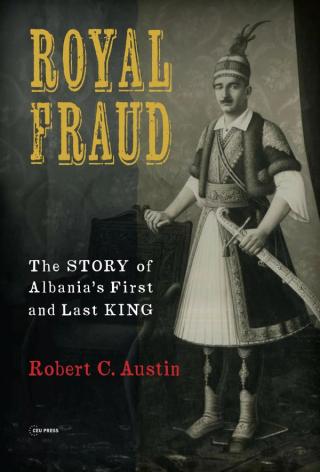
Royal Fraud
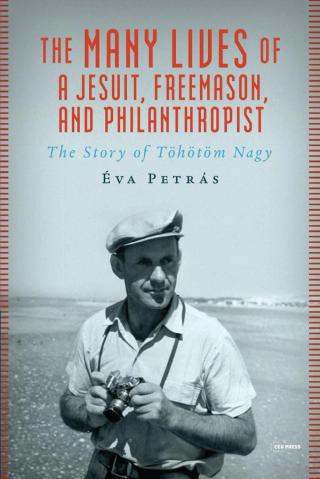
The Many Lives of a Jesuit, Freemason, and Philanthropist
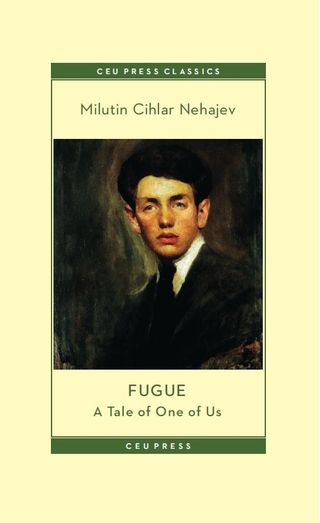
Fugue
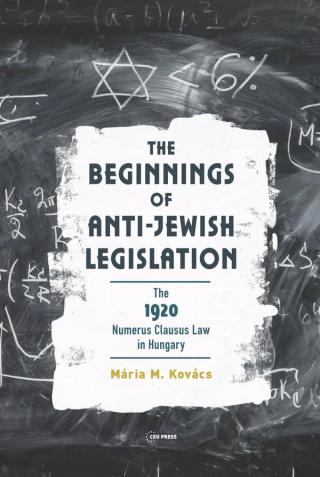
The Beginnings of Anti-Jewish Legislation

Imperial Designs, Postimperial Extremes
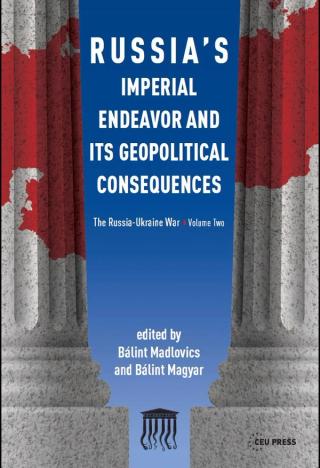
Russia's Imperial Endeavor and Its Geopolitical Consequences
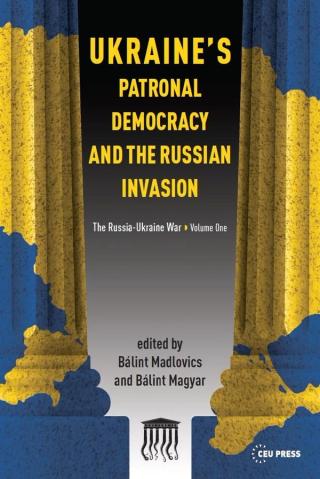
Ukraine's Patronal Democracy and the Russian Invasion
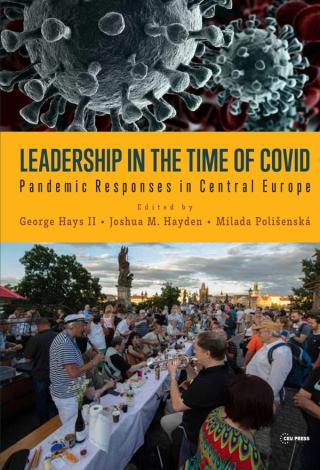
Leadership in the Time of Covid
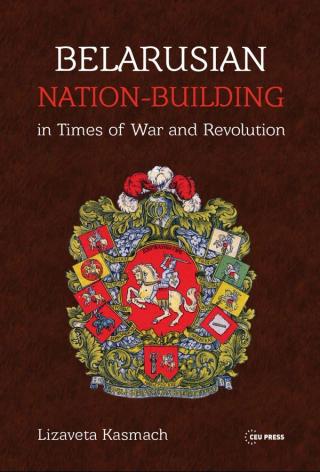
Belarusian Nation-Building in Times of War and Revolution
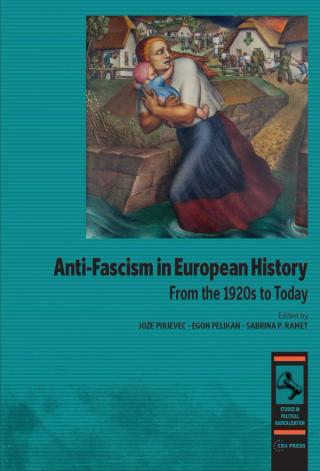
Anti-fascism in European History
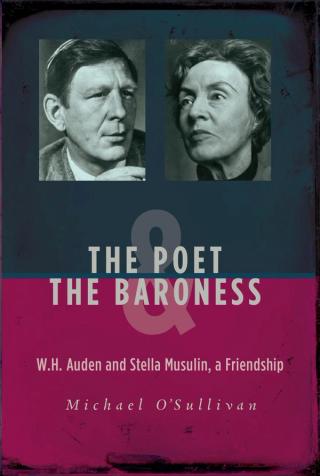
The Poet & the Baroness
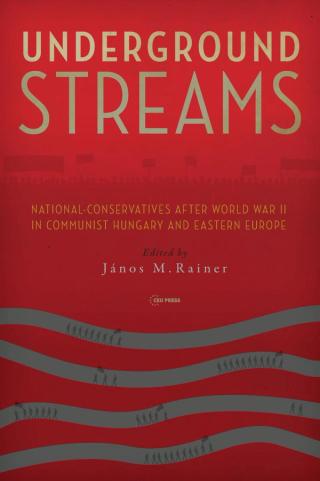
Underground Streams
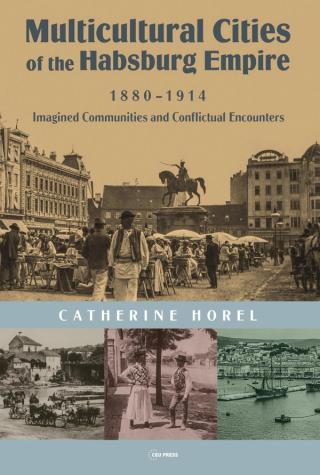
Multicultural Cities of the Habsburg Empire, 1880–1914
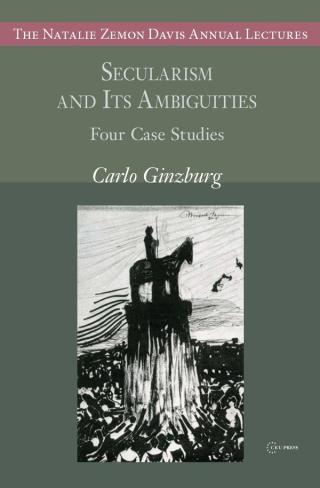
Secularism and Its Ambiguities
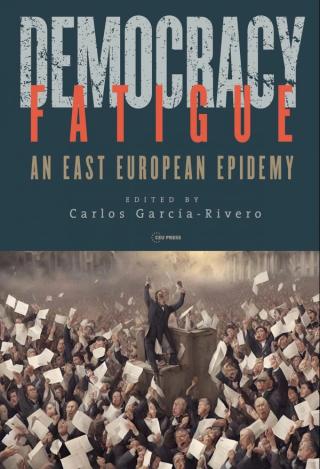
Democracy Fatigue
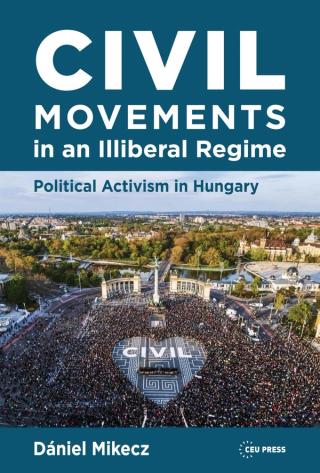
Civil Movements in an Illiberal Regime
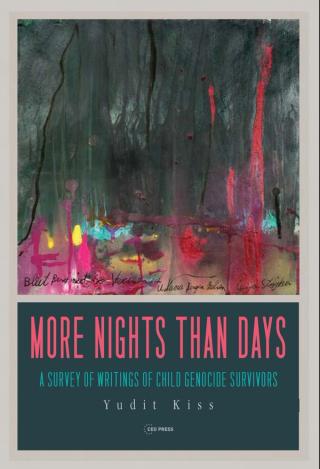
More Nights than Days
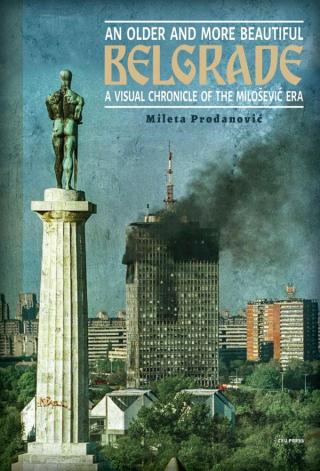
An Older and More Beautiful Belgrade
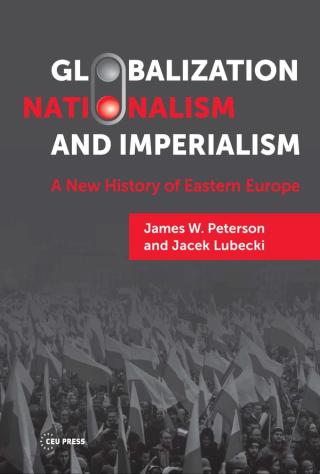
Globalization, Nationalism, and Imperialism
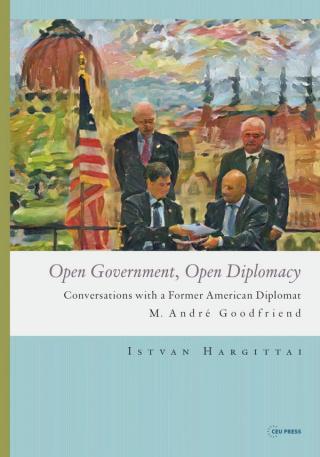
Open Government, Open Diplomacy
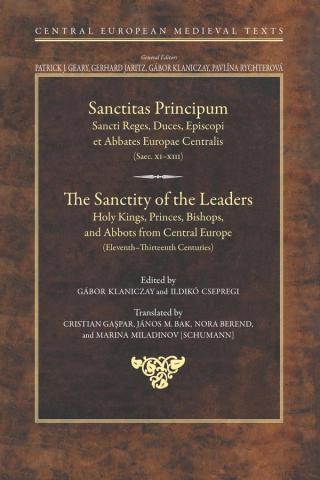
The Sanctity of the Leaders
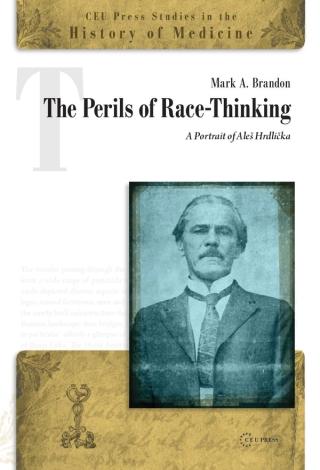
The Perils of Race-Thinking
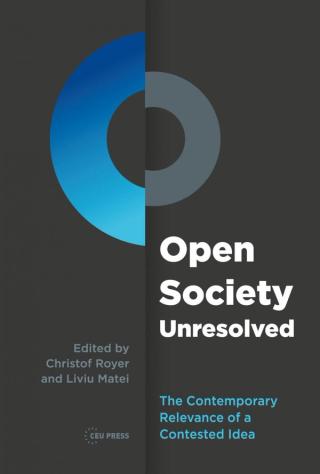
Open Society Unresolved
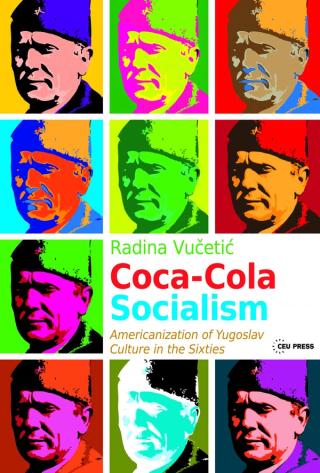
Coca-Cola Socialism
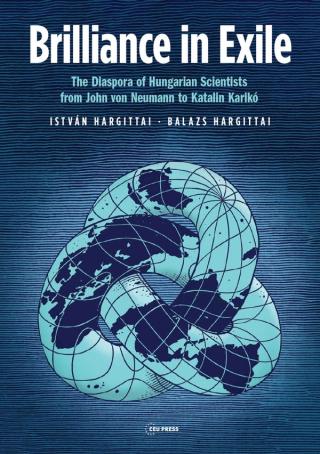
Brilliance in Exile

Brilliance in Exile

Sugarland
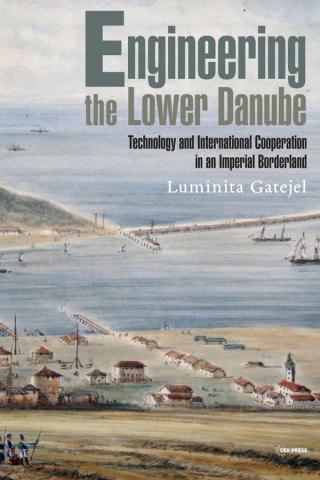
Engineering the Lower Danube
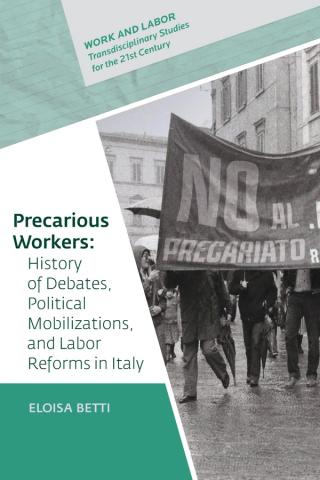
Precarious Workers
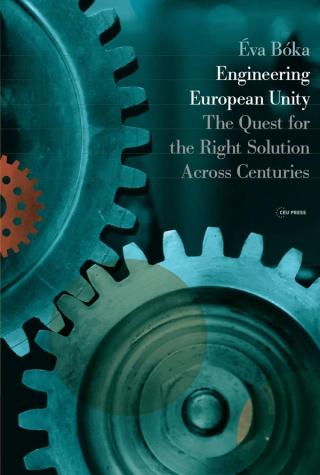
Engineering European Unity
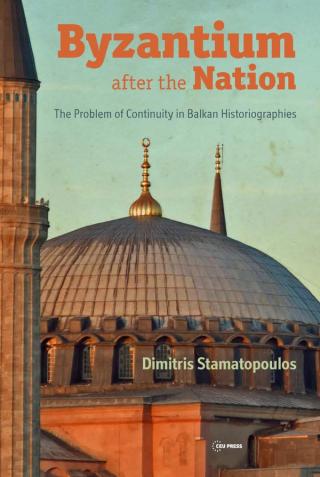
Byzantium after the Nation
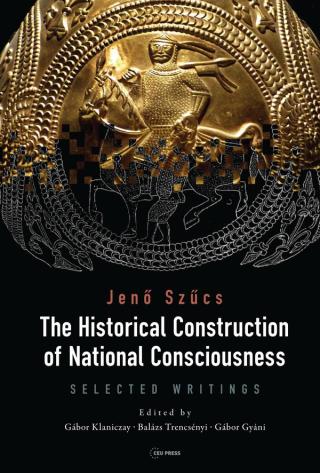
The Historical Construction of National Consciousness
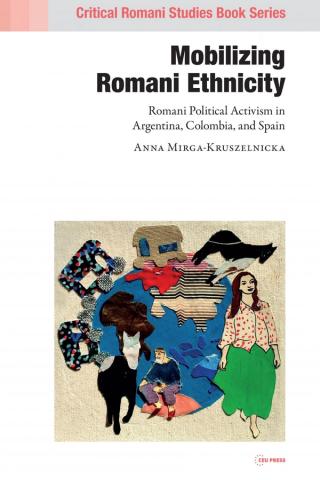
Mobilizing Romani Ethnicity
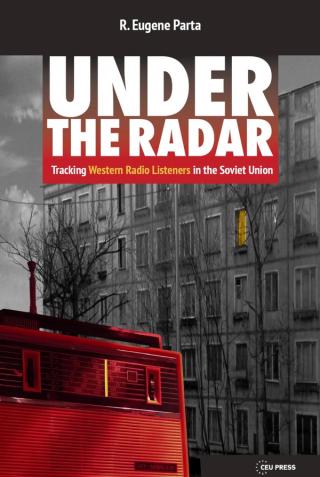
Under the Radar
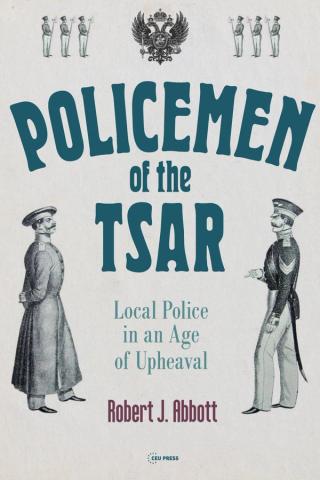
Policemen of the Tsar
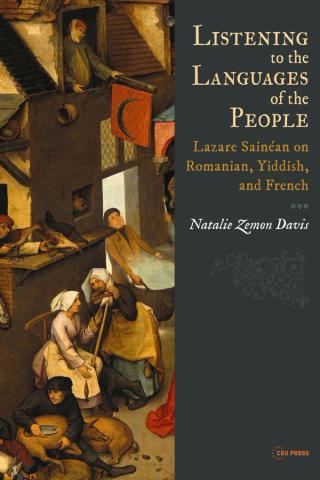
Listening to the Languages of the People
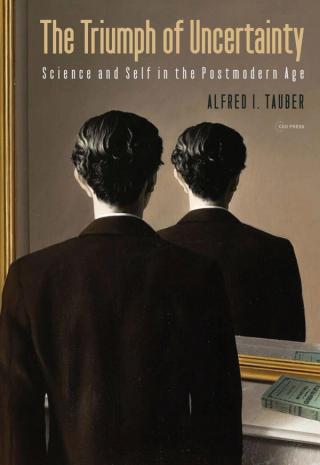
The Triumph of Uncertainty

The Bombardment of Åbo
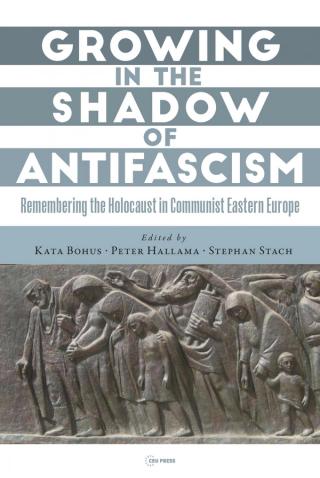
Growing in the Shadow of Antifascism
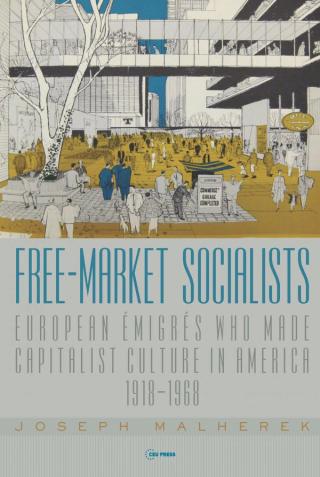
Free-Market Socialists
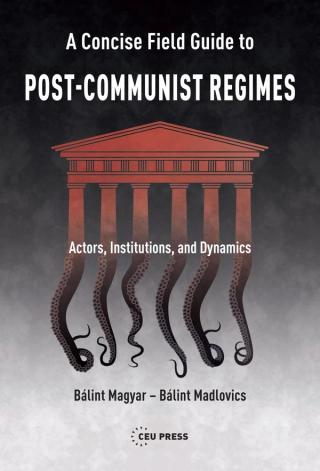
A Concise Field Guide to Post-Communist Regimes
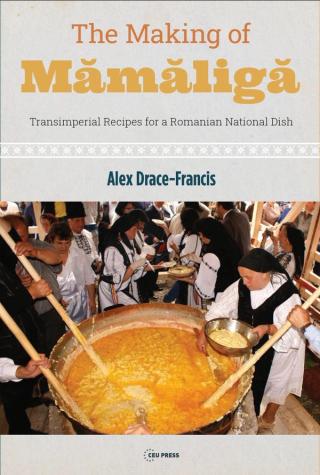
The Making of Mamaliga
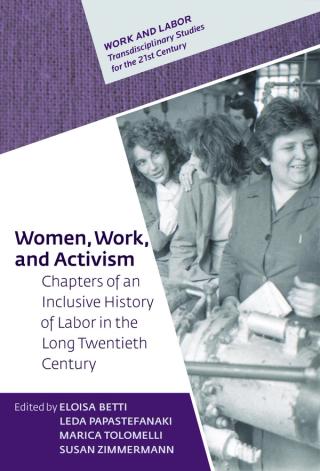
Women, Work, and Activism
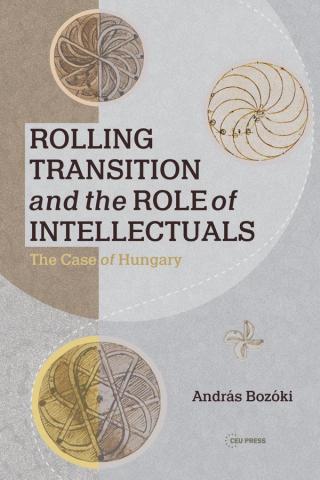
Rolling Transition and the Role of Intellectuals
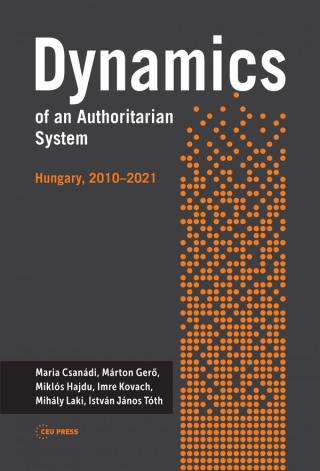
Dynamics of an Authoritarian System
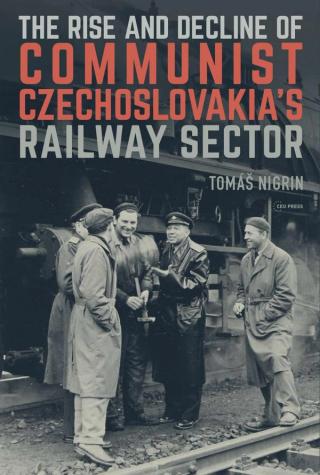
The Rise and Decline of Communist Czechoslovakia´s Railway Sector
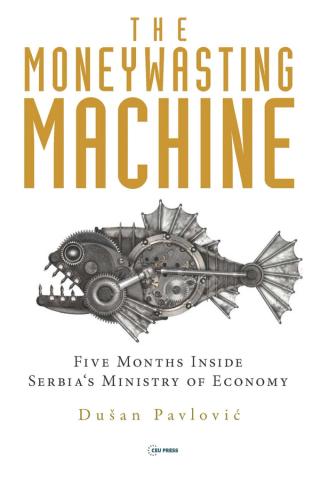
The Moneywasting Machine
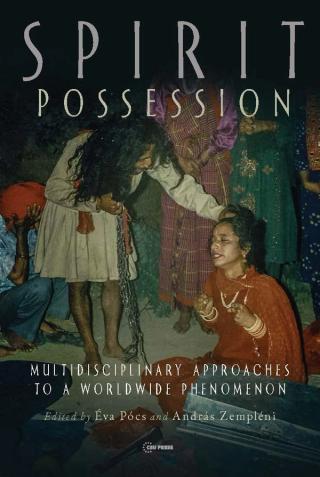
Spirit Possession

Keeping the World’s Environment under Review

Keeping the World’s Environment under Review
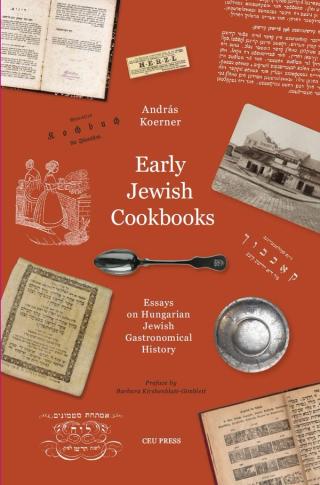
Early Jewish Cookbooks
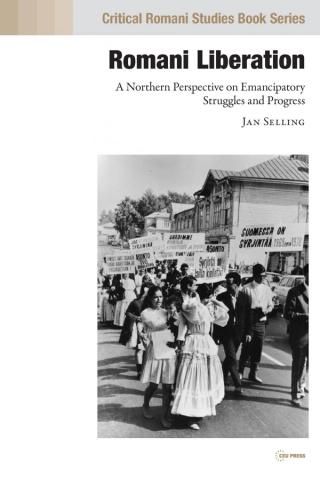
Romani Liberation
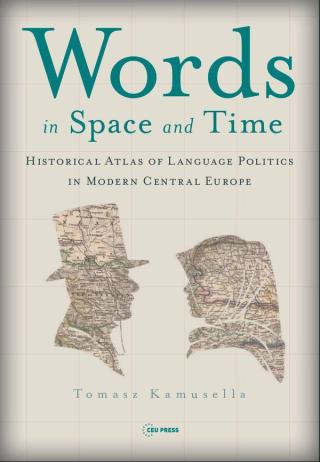
Words in Space and Time
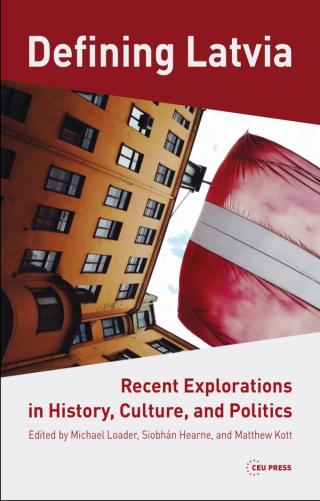
Defining Latvia
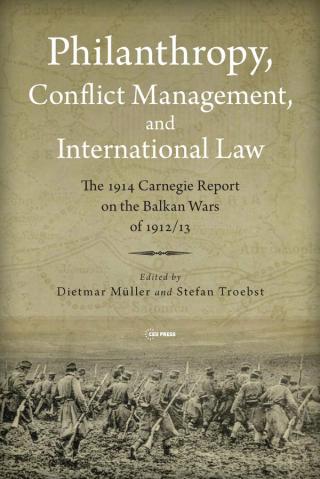
Philanthropy, Conflict Management and International Law
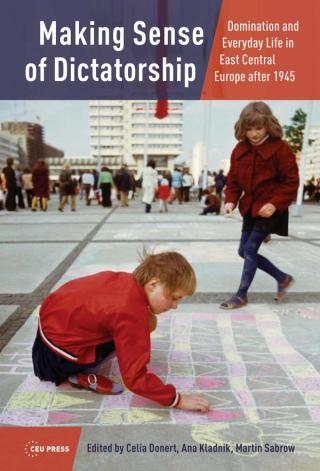
Making Sense of Dictatorship
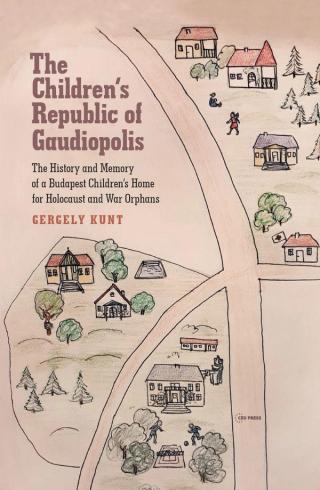
The Children’s Republic of Gaudiopolis
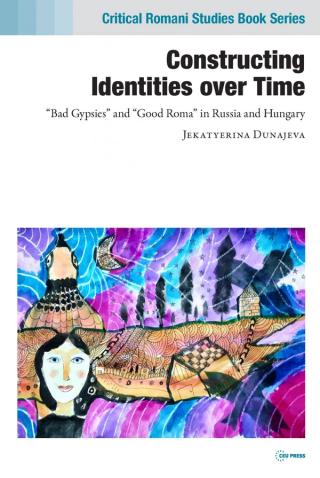
Constructing Identities over Time
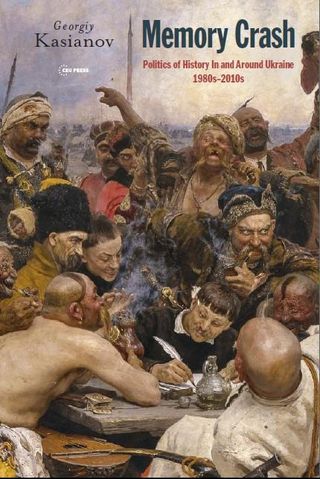
Memory Crash
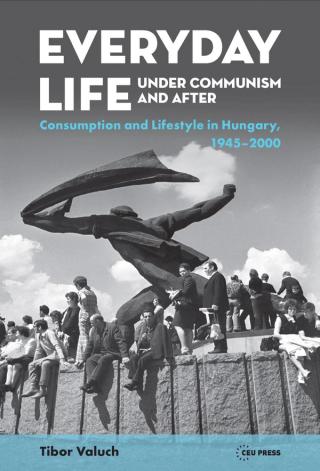
Everyday Life under Communism and After
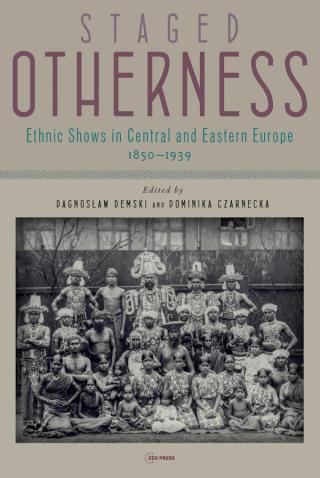
Staged Otherness
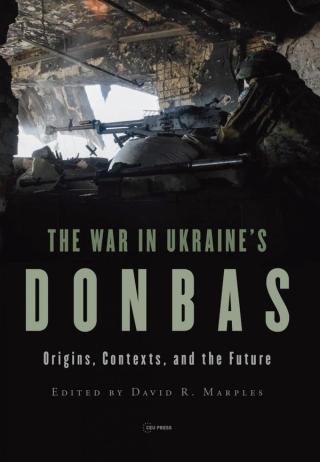
The War in Ukraine’s Donbas
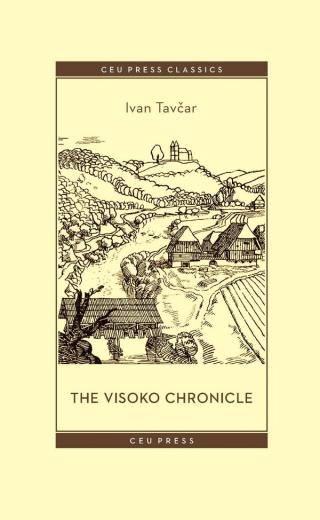
The Visoko Chronicle

Transforming Markets
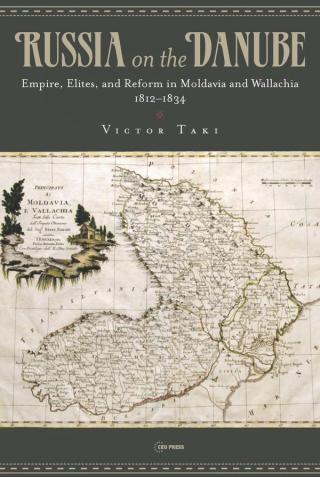
Russia on the Danube
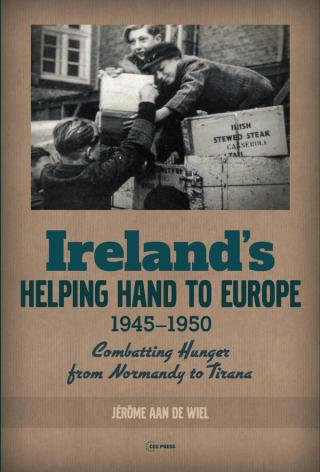
Ireland's Helping Hand to Europe
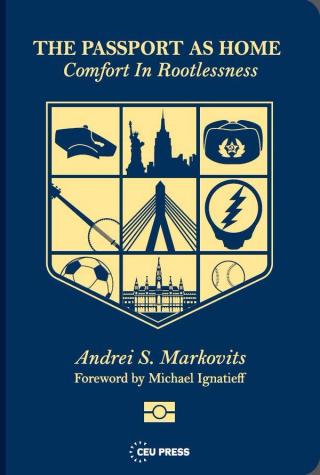
The Passport as Home
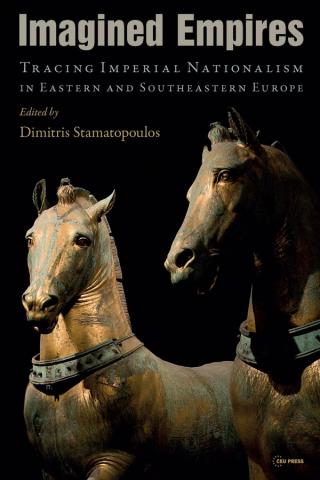
Imagined Empires
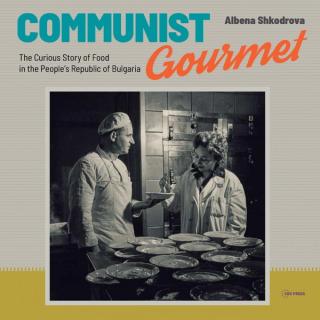
Communist Gourmet
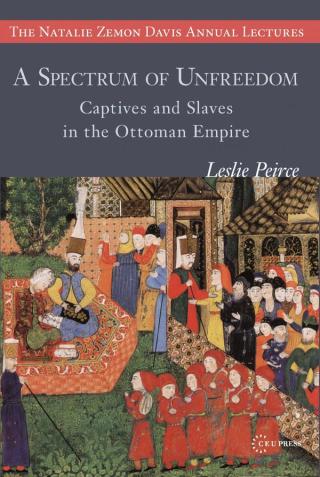
A Spectrum of Unfreedom
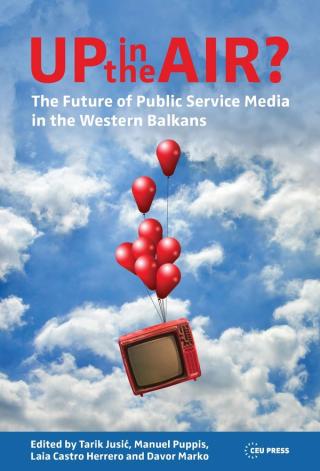
Up in the Air?
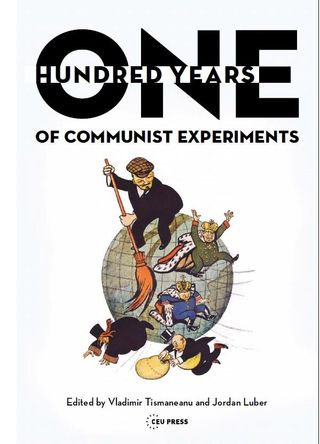
One Hundred Years of Communist Experiments
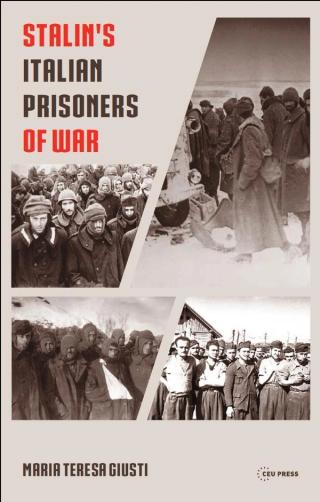
Stalin's Italian Prisoners of War
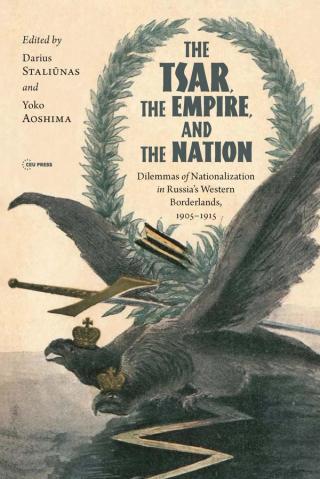
The Tsar, The Empire, and The Nation
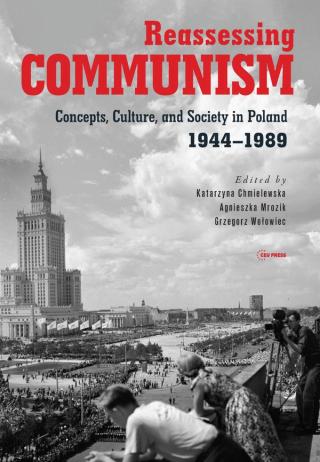
Reassessing Communism
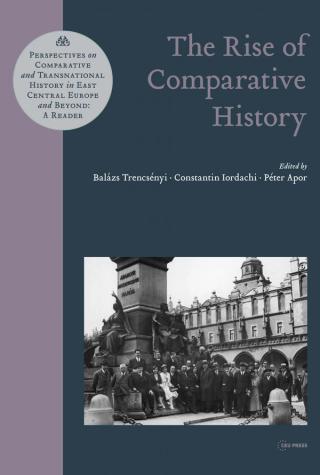
The Rise of Comparative History
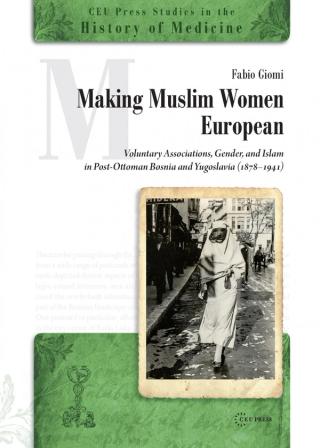
Making Muslim Women European
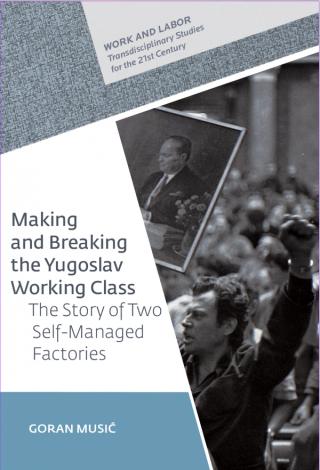
Making and Breaking the Yugoslav Working Class
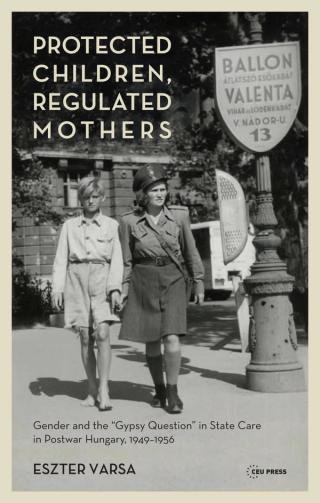
Protected Children, Regulated Mothers
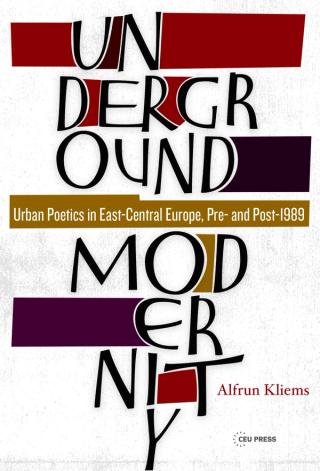
Underground Modernity
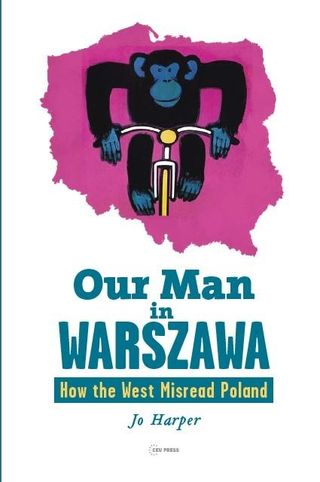
Our Man in Warszawa
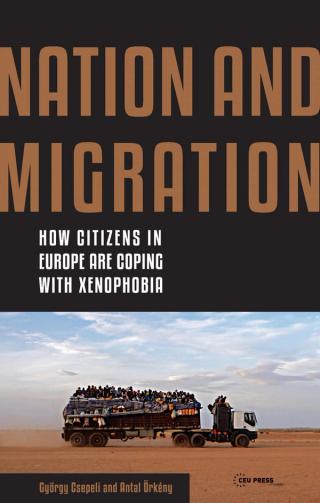
Nation and Migration
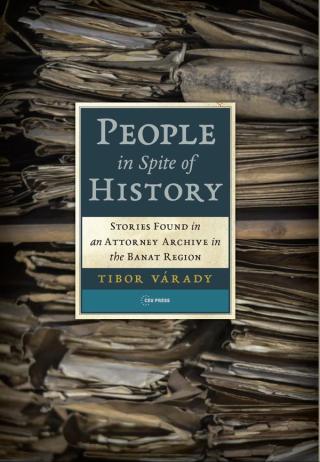
People in Spite of History

After the Berlin Wall
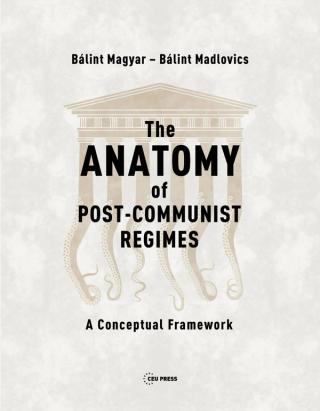
The Anatomy of Post-Communist Regimes
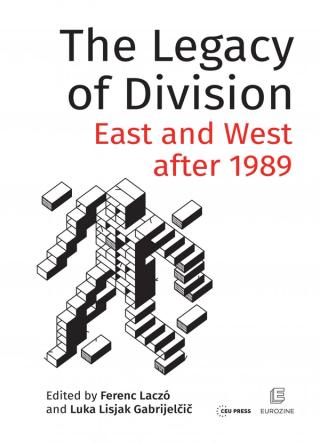
The Legacy of Division
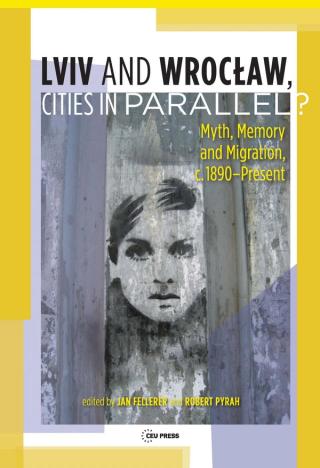
Lviv – Wroclaw, Cities in Parallel?
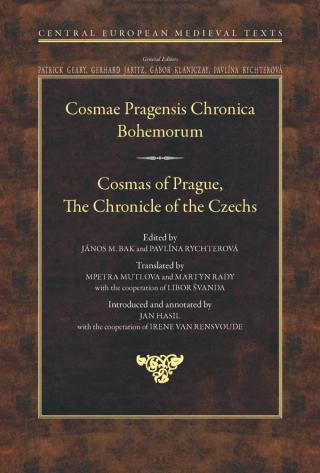
Cosmas of Prague
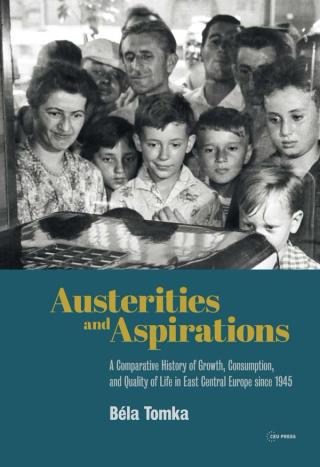
Austerities and Aspirations

After the Berlin Wall
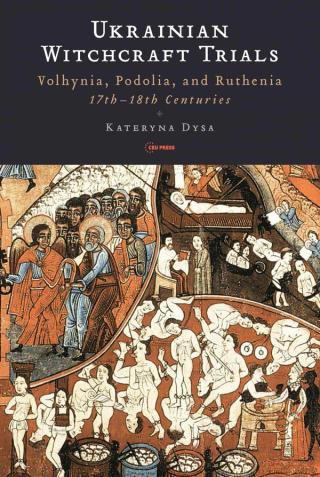
Ukrainian Witchcraft Trials
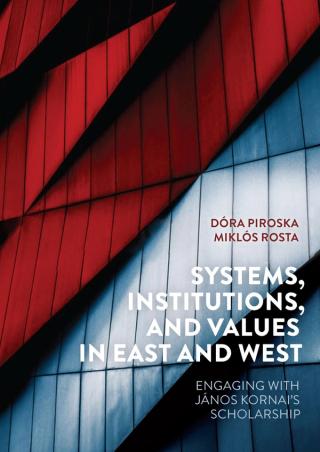
Systems, Institutions, and Values in East and West

After the Berlin Wall
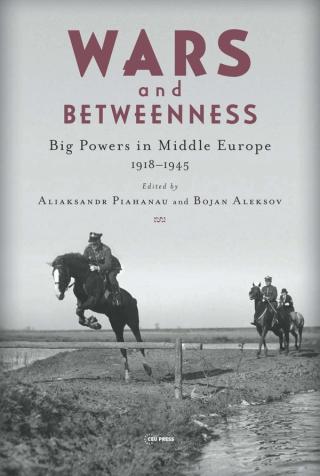
Wars and Betweenness
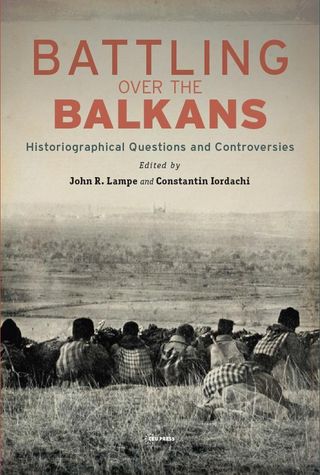
Battling over the Balkans
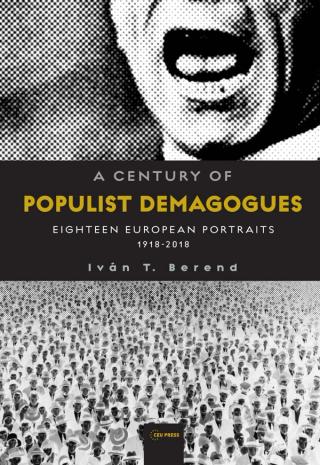
A Century of Populist Demagogues
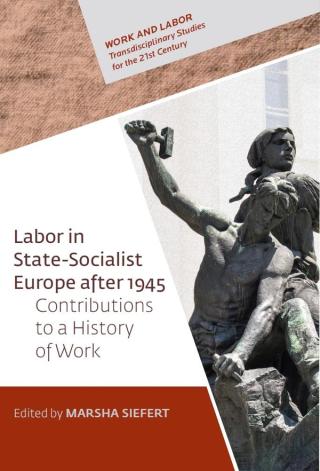
Labor in State-Socialist Europe, 1945–1989
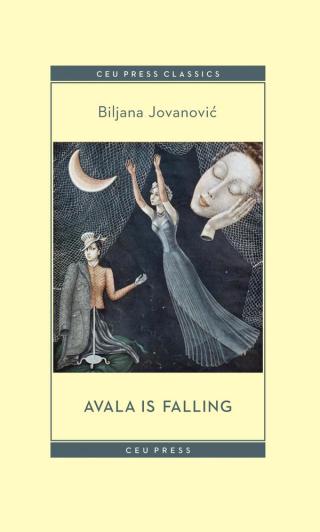
Avala Is Falling
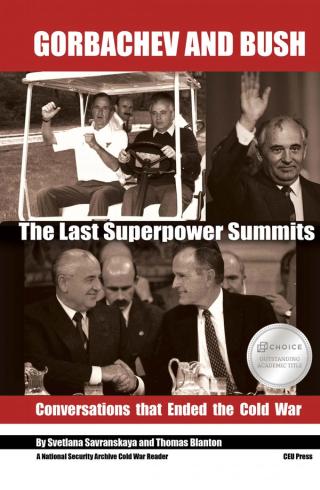
Gorbachev and Bush
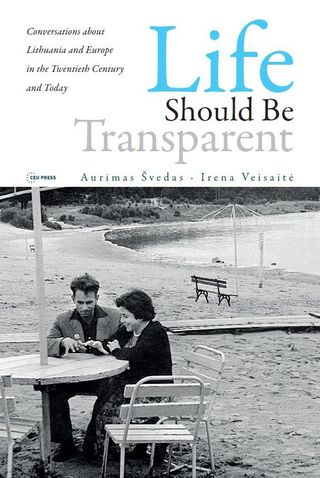
Life should be Transparent
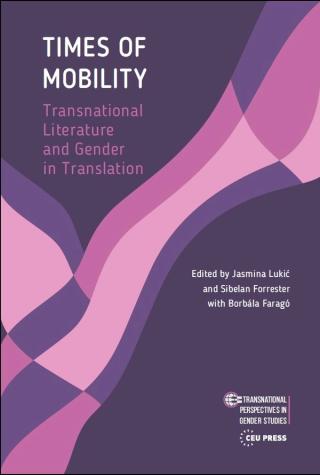
Times of Mobility
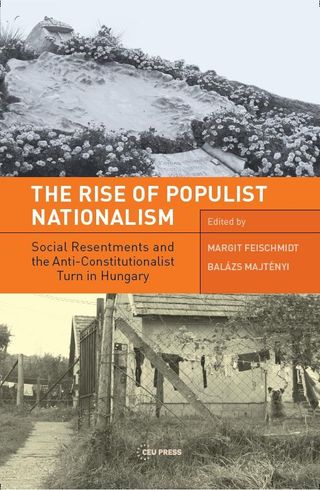
The Rise of Populist Nationalism
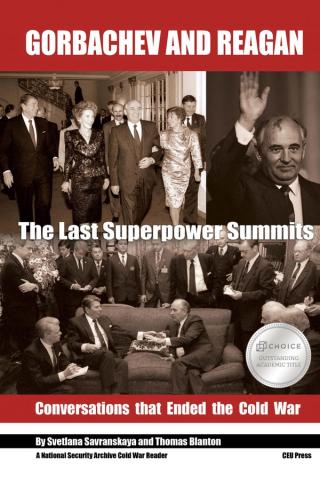
Gorbachev and Reagan
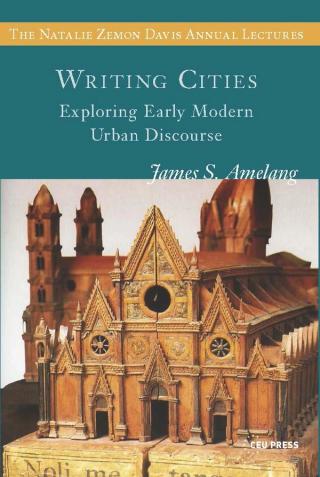
Writing Cities

In the Name of History
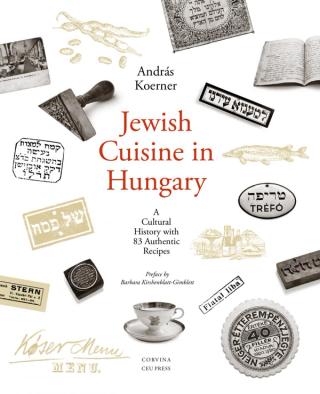
Jewish Cuisine in Hungary
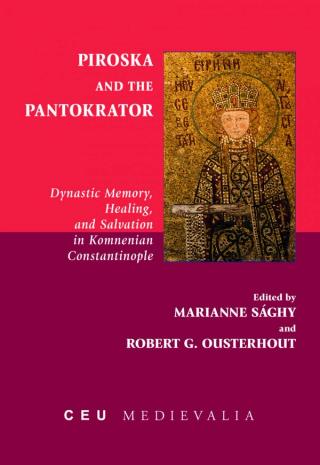
Piroska and the Pantokrator
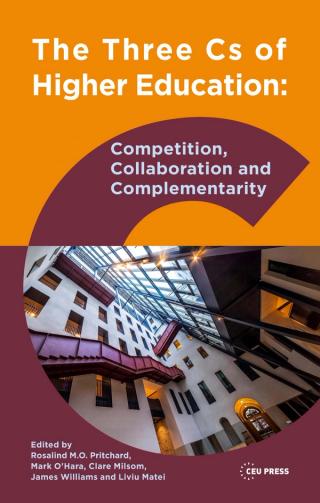
The Three Cs of Higher Education
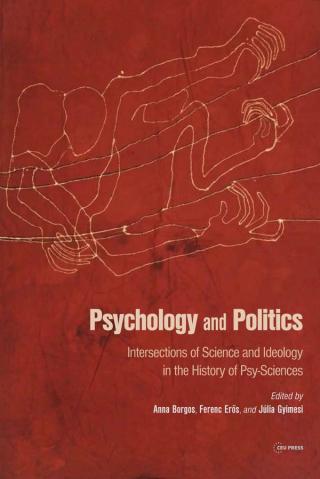
Psychology and Politics
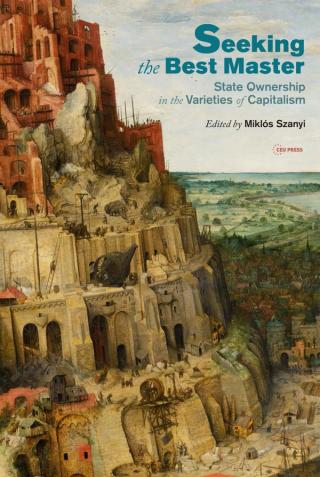
Seeking the Best Master
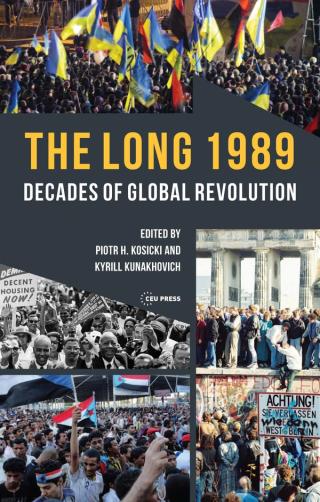
The Long 1989
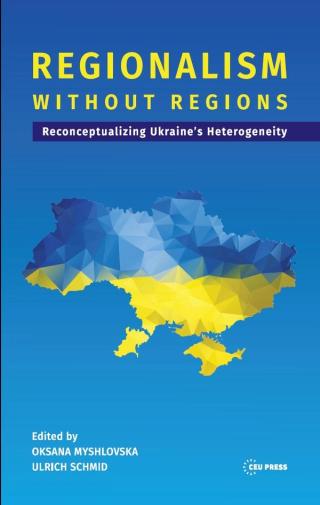
Regionalism without Regions
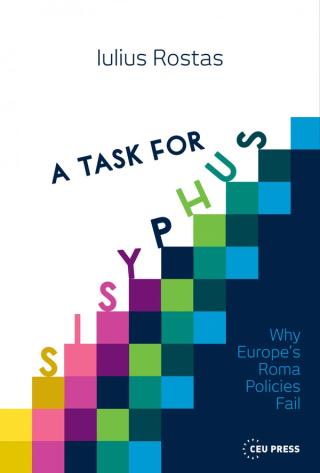
A Task for Sisyphus
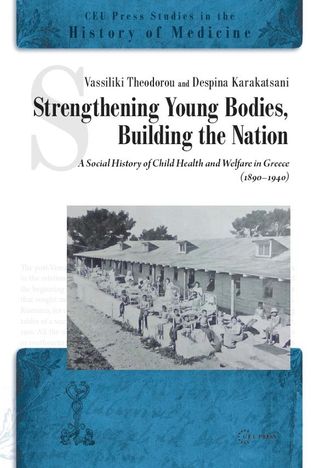
Strengthening Young Bodies, Building the Nation
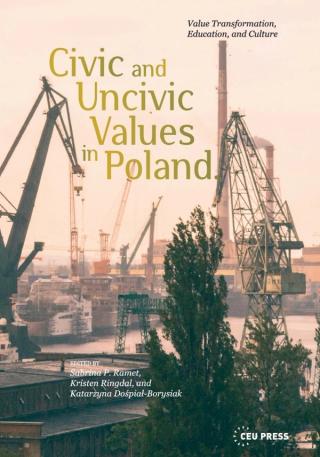
Civic and Uncivic Values in Poland
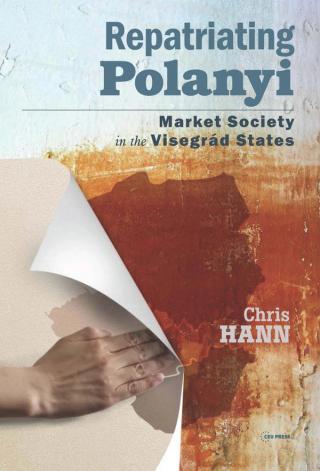
Repatriating Polanyi
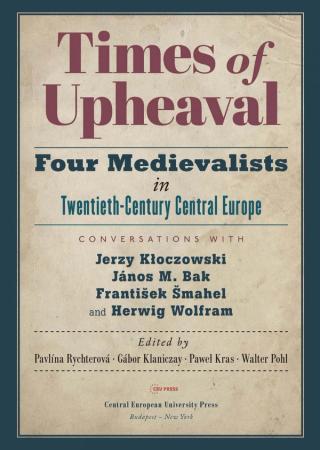
Times of Upheaval
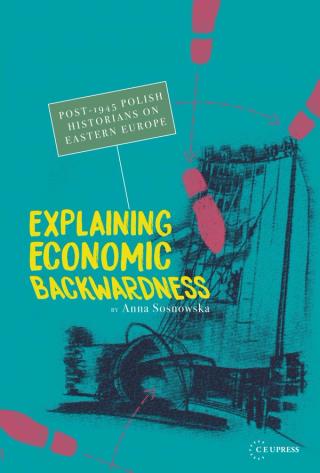
Explaining Economic Backwardness
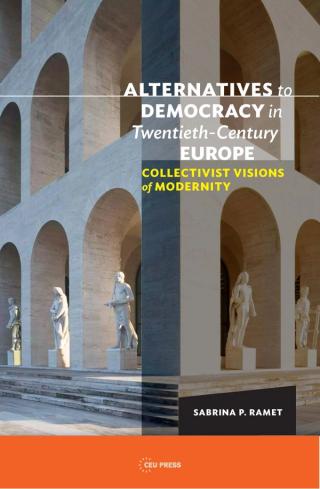
Alternatives to Democracy in Twentieth-Century Europe
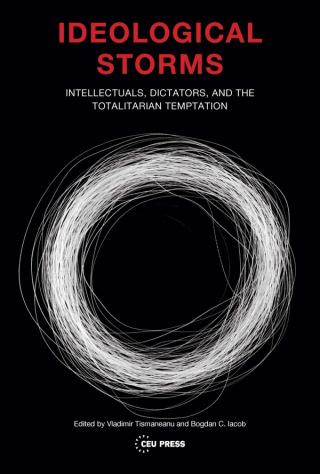
Ideological Storms
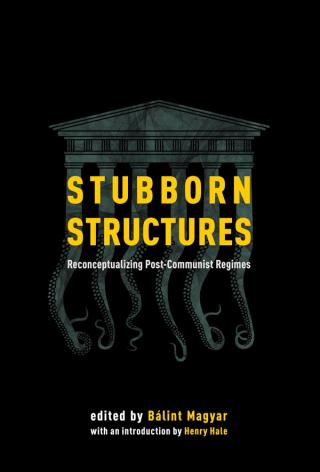
Stubborn Structures
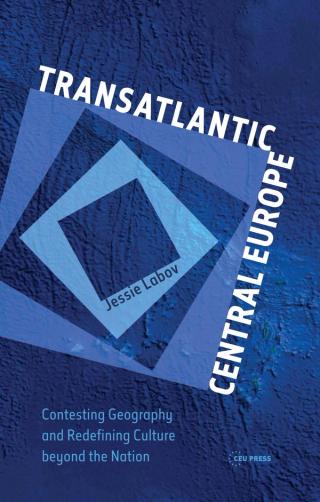
Transatlantic Central Europe
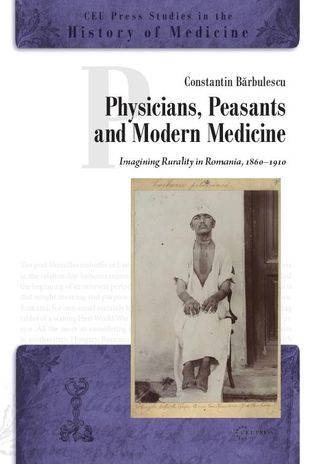
Physicians, Peasants, and Modern Medicine
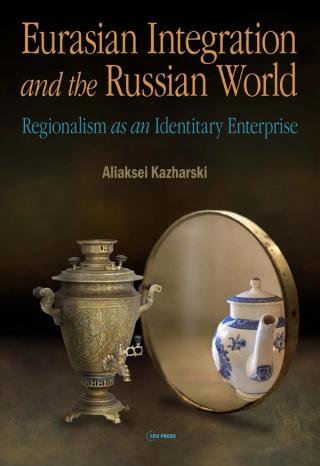
Eurasian Integration and the Russian World
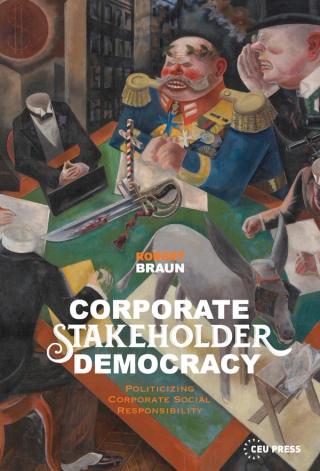
Corporate Stakeholder Democracy
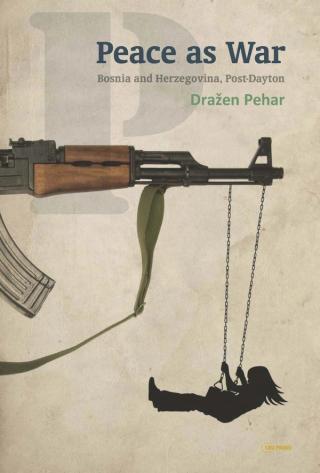
Peace as War
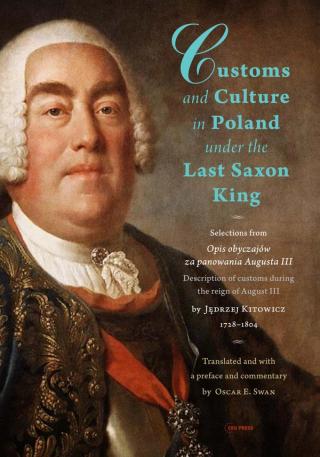
Customs and Culture in Poland under the Last Saxon King
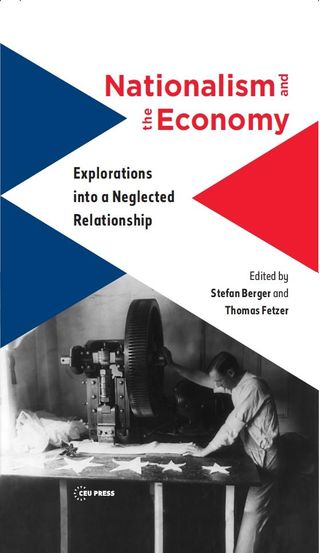
Nationalism and the Economy
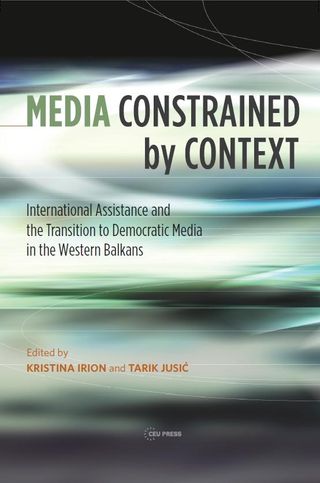
Media Constrained by Context
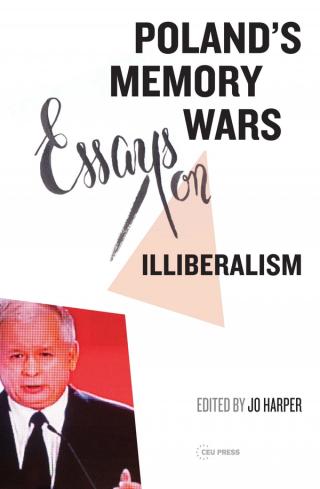
Poland's Memory Wars
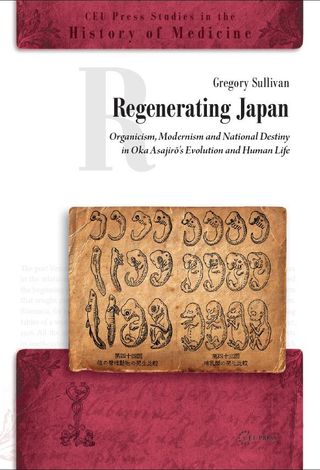
Regenerating Japan
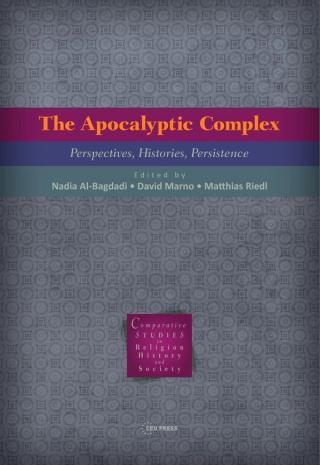
The Apocalyptic Complex
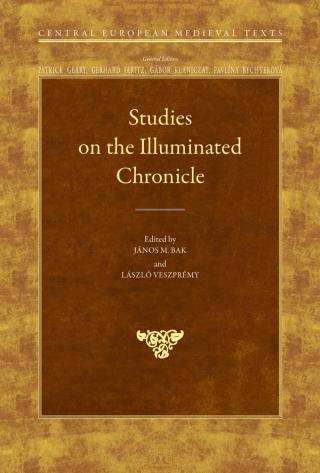
Studies on the Illuminated Chronicle
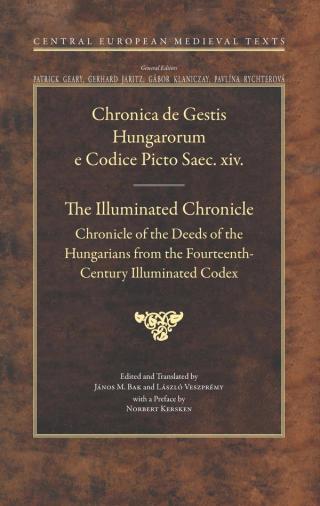
The Illuminated Chronicle

Coca-Cola Socialism
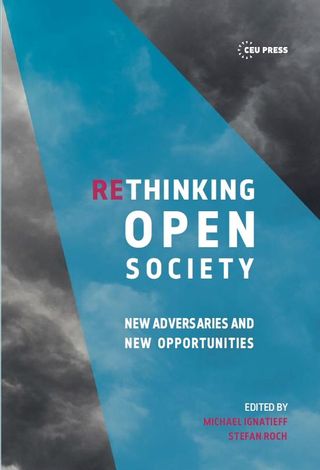
Rethinking Open Society
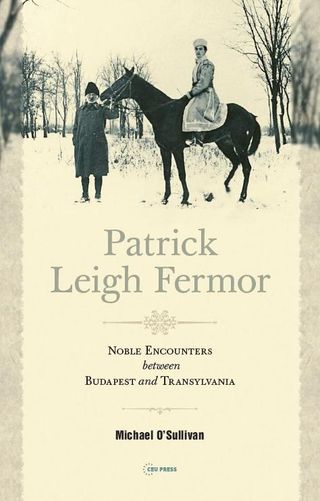
Patrick Leigh Fermor
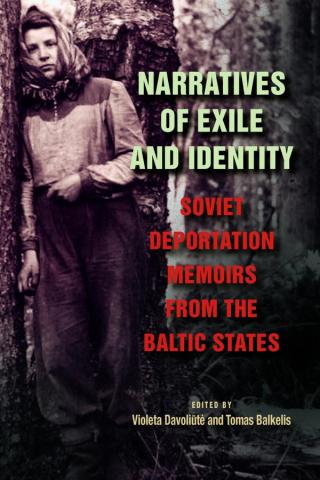
Narratives of Exile and Identity
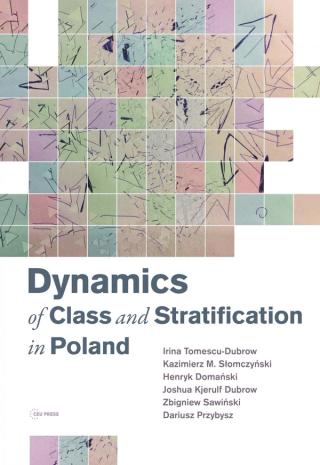
Dynamics of Class and Stratification in Poland
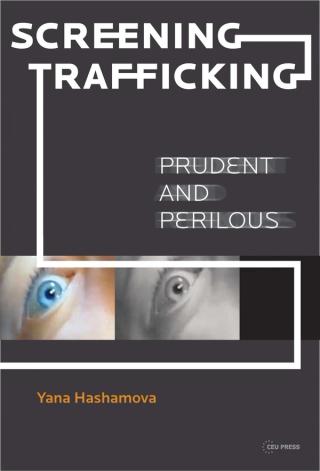
Screening Trafficking
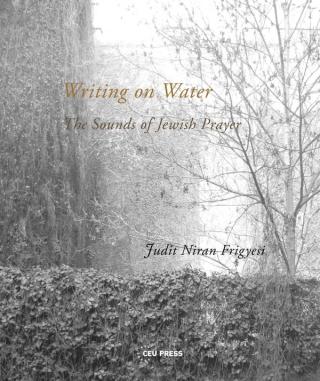
Writing on Water
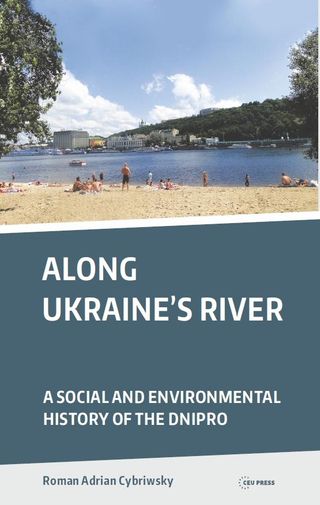
Along Ukraine's River

Nationalism and Terror
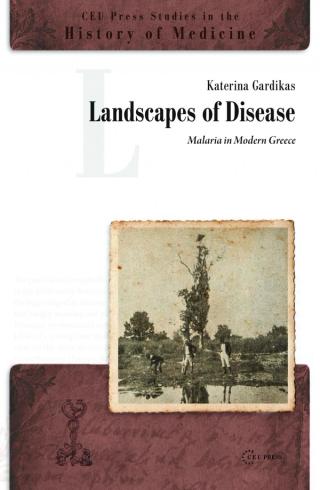
Landscapes of Disease
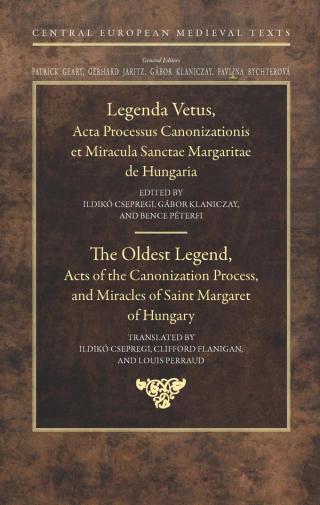
The Oldest Legend
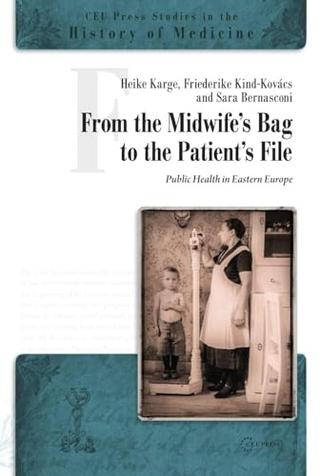
From the Midwife's Bag to the Patient's File
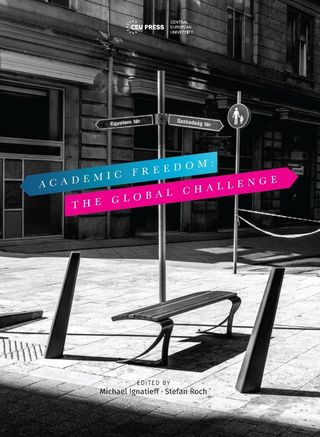
Academic Freedom
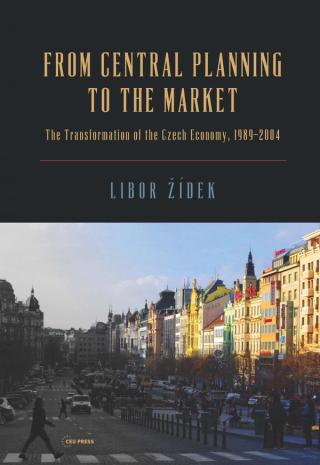
From Central Planning to the Market

Tyrants Writing Poetry
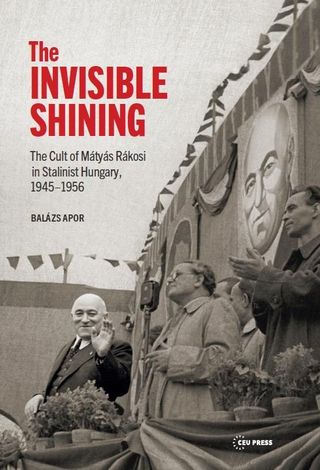
The Invisible Shining
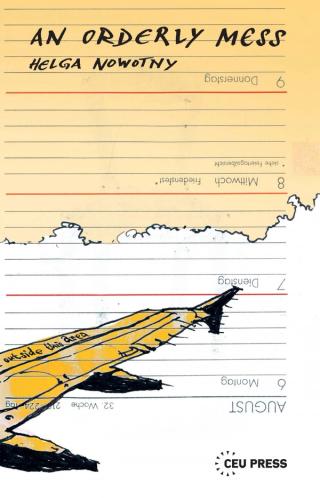
An Orderly Mess
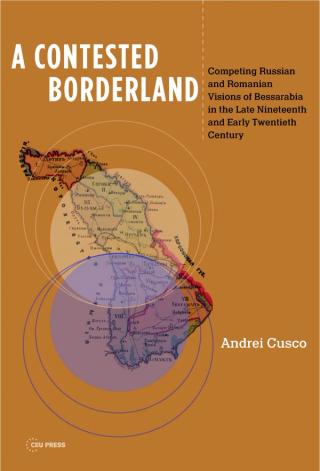
A Contested Borderland
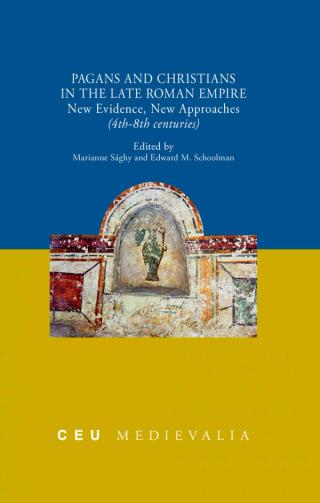
Pagans and Christians in the Late Roman Empire
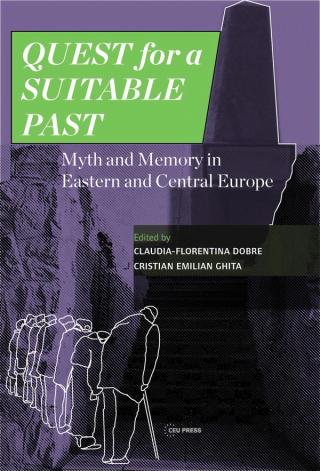
Quest for a Suitable Past
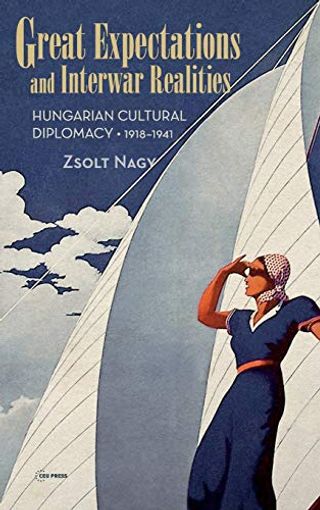
Great Expectations and Interwar Realities
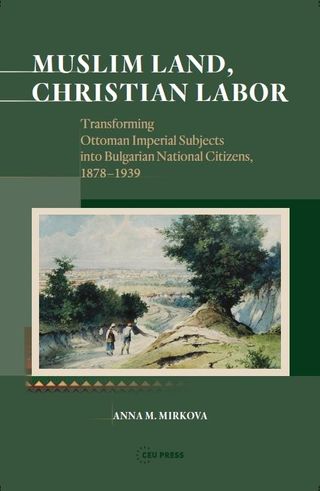
Muslim Land, Christian Labor
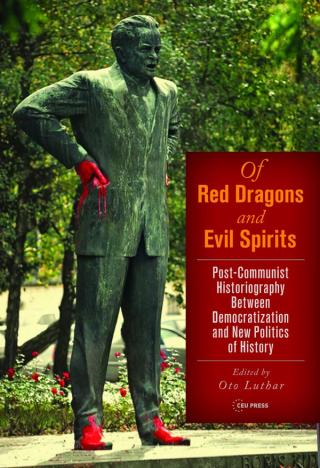
Of Red Dragons and Evil Spirits
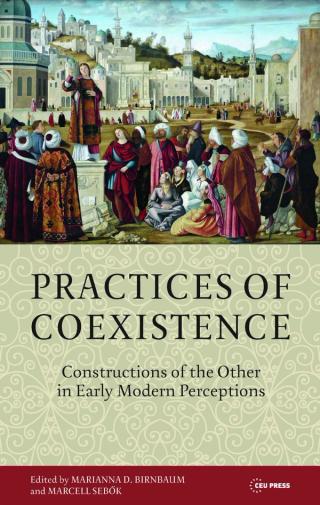
Practices of Coexistence
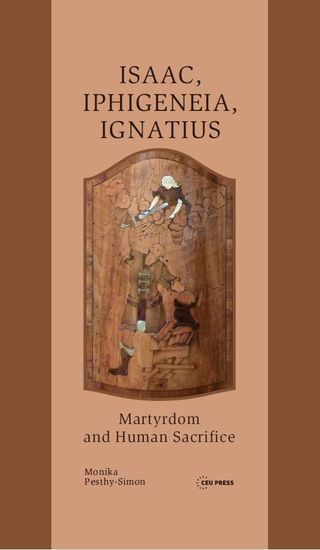
Isaac, Iphigeneia, and Ignatius

Expanding Intellectual Property
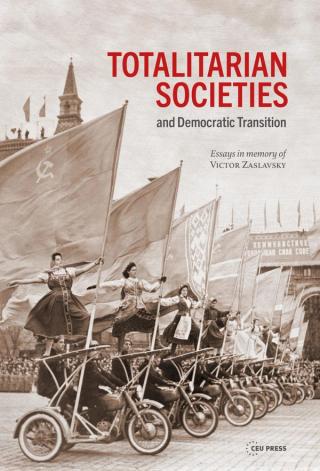
Totalitarian Societies and Democratic Transition
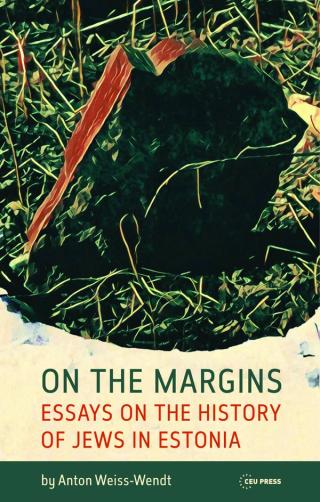
On the Margins
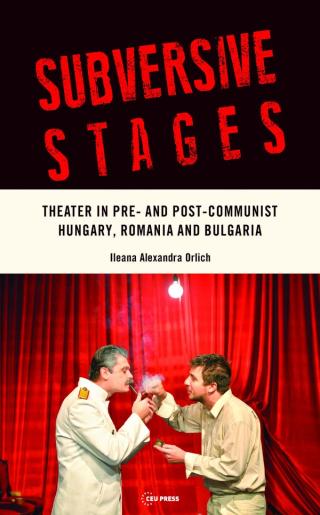
Subversive Stages
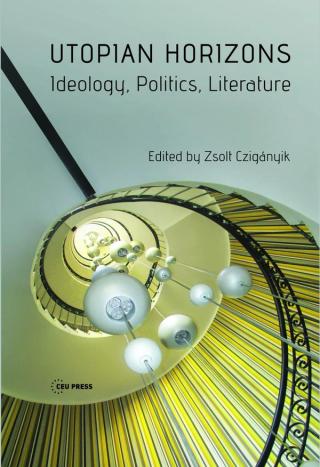
Utopian Horizons
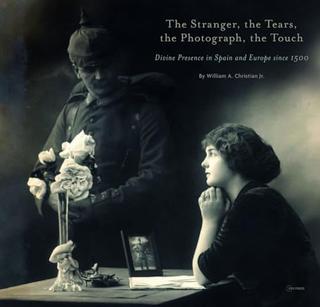
The Stranger, the Tears, the Photograph, the Touch
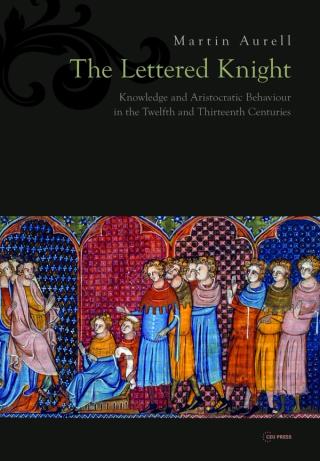
The Lettered Knight
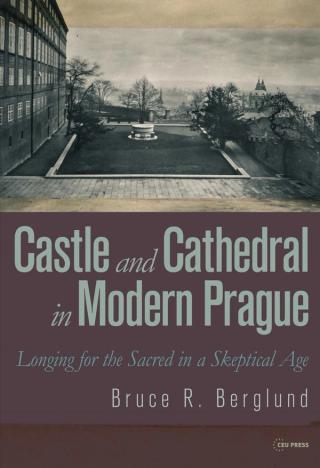
Castle and Cathedral

Castle and Cathedral
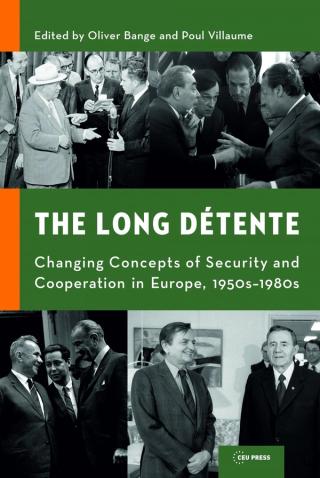
The Long Détente
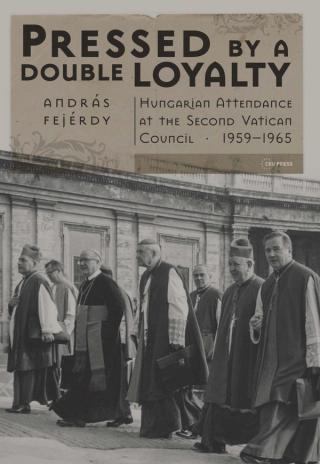
Pressed by a Double Loyalty
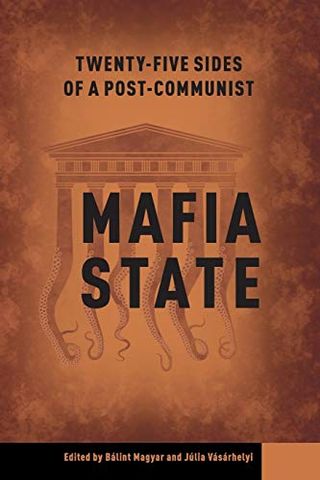
Twenty-Five Sides of a Post-Communist Mafia State
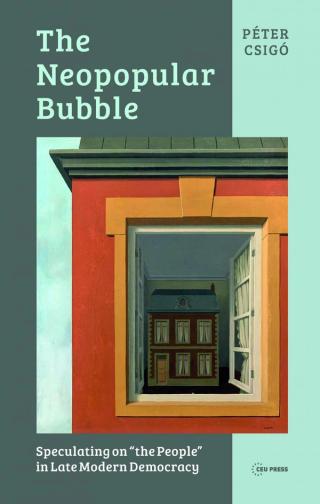
The Neopopular Bubble
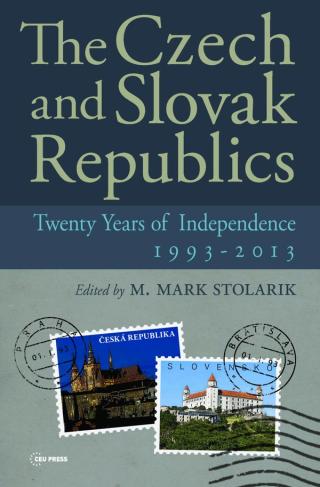
The Czech and Slovak Republics
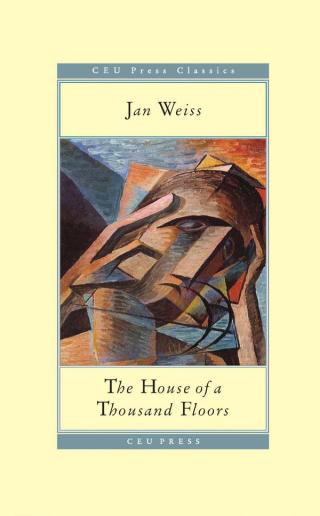
The House of a Thousand Floors
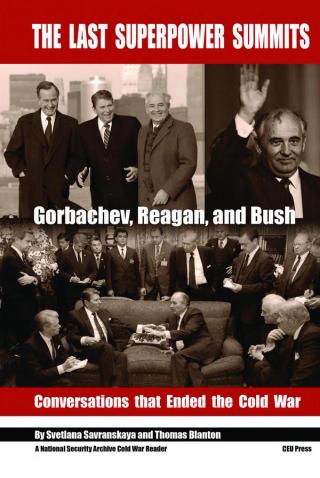
The Last Superpower Summits
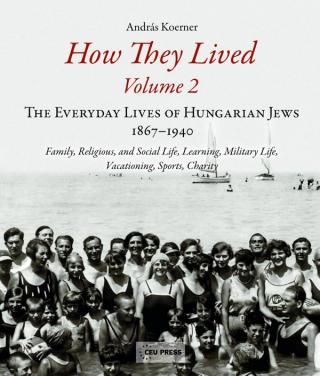
How They Lived 2
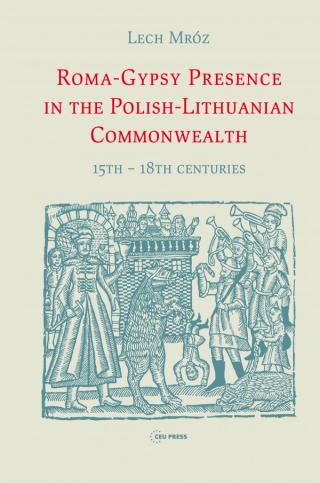
Roma-Gypsy Presence in the Polish-Lithuanian Commonwealth
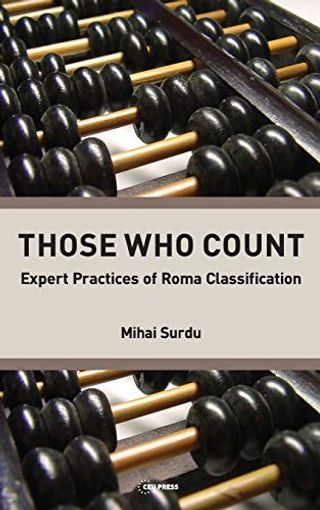
Those Who Count
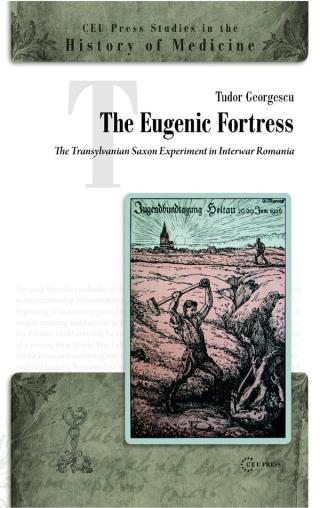
The Eugenic Fortress
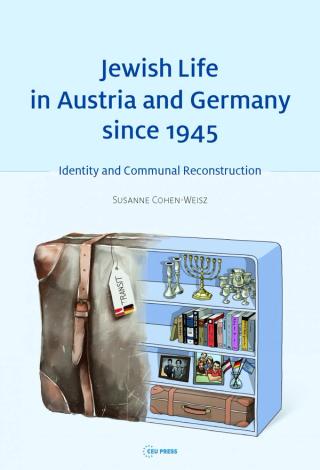
Jewish Life in Austria and Germany Since 1945
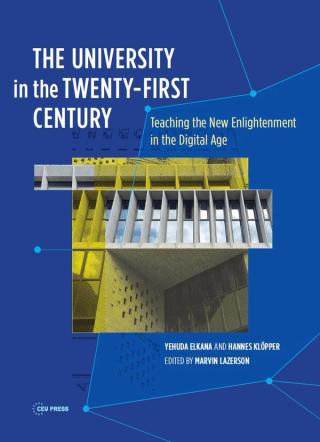
The University in the Twenty-first Century
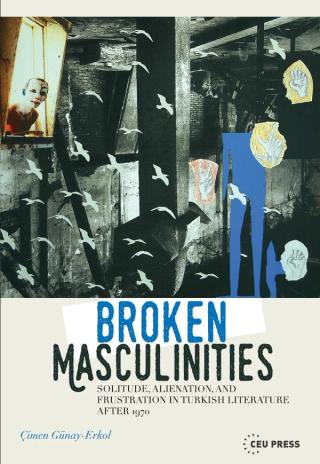
Broken Masculinities
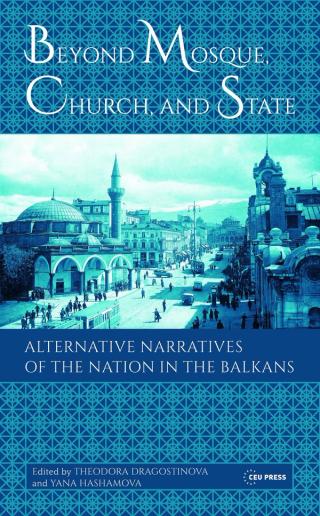
Beyond Mosque, Church, and State
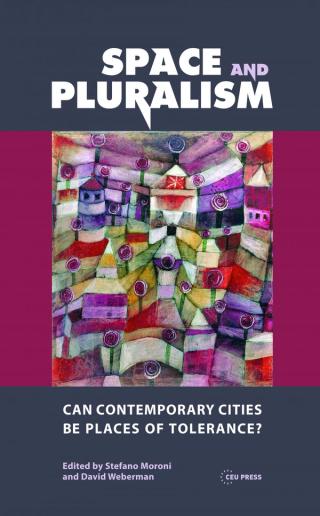
Space and Pluralism
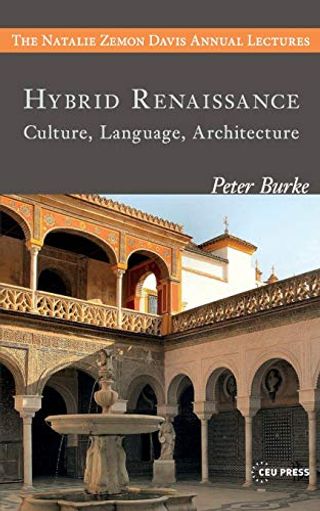
Hybrid Renaissance
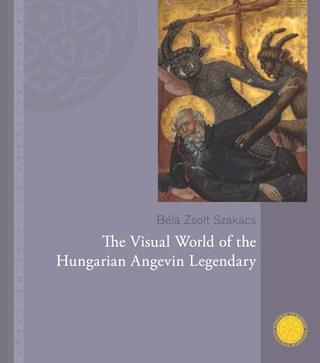
The Visual World of the Hungarian Angevin Legendary
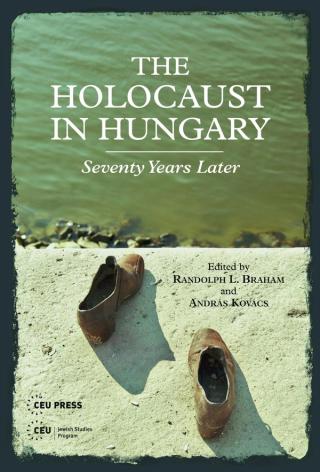
The Holocaust in Hungary
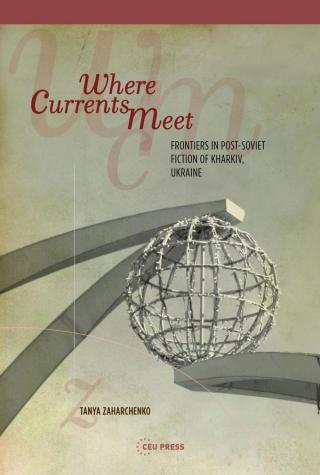
Where Currents Meet
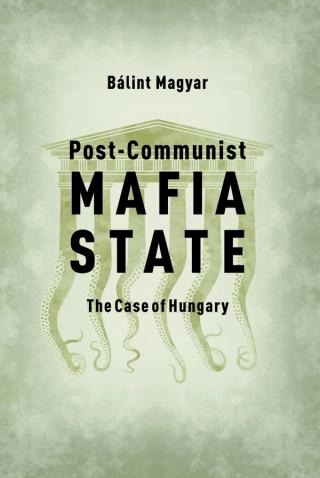
Post-Communist Mafia State

Arguing it Out
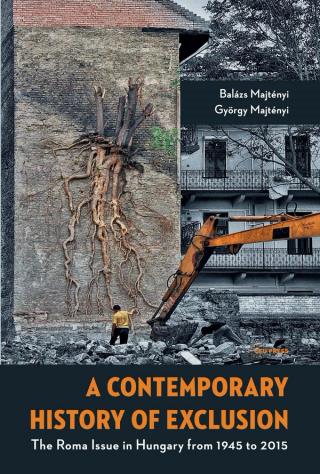
A Contemporary History of Exclusion
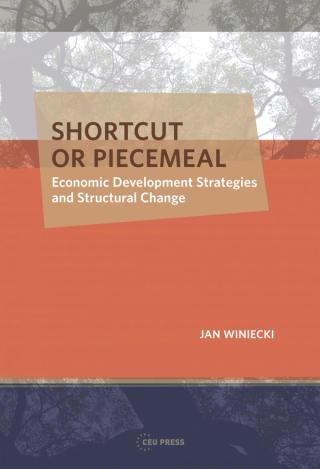
Shortcut or Piecemeal
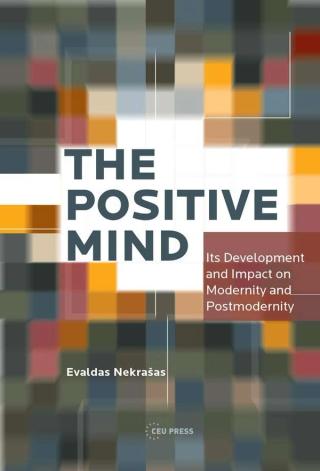
The Positive Mind
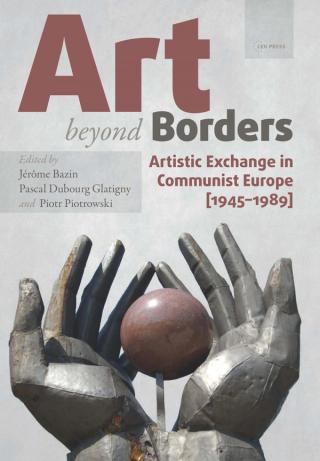
Art beyond Borders
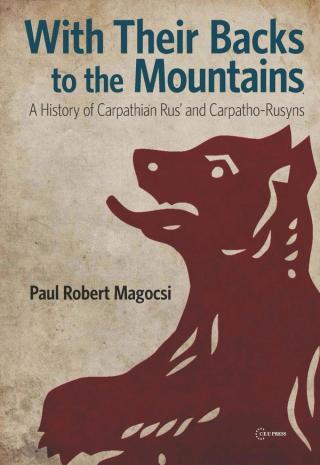
With Their Backs to the Mountains

With Their Backs to the Mountains
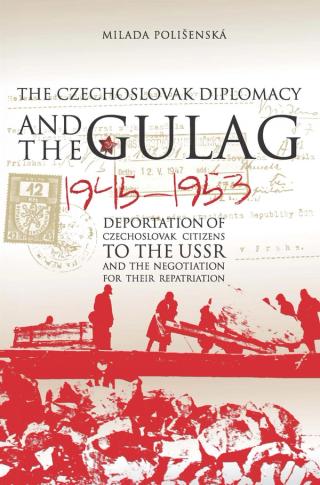
Czechoslovak Diplomacy and the Gulag
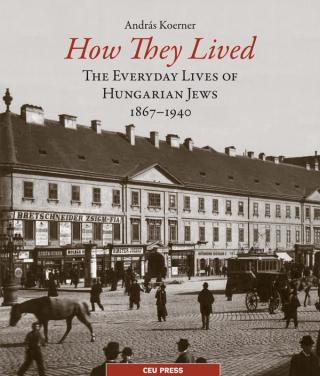
How They Lived
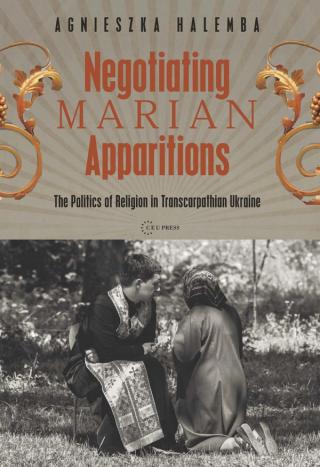
Negotiating Marian Apparitions
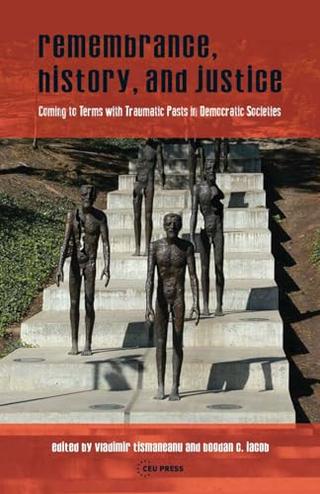
Remembrance, History, and Justice
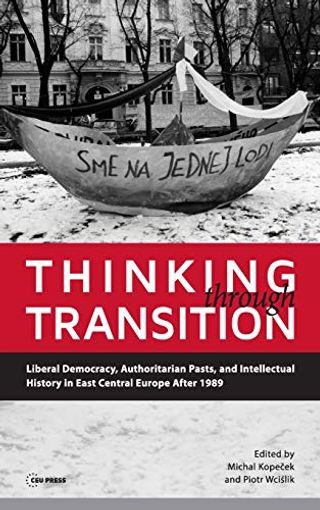
Thinking through Transition
Agents of Liberations
Agents of Liberations
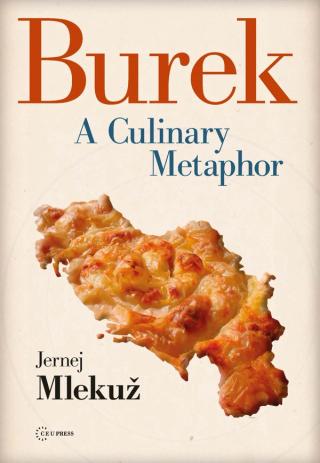
Burek
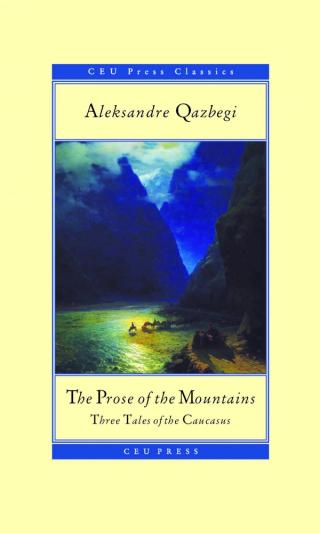
The Prose of the Mountains
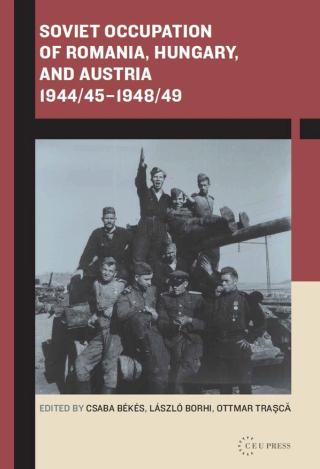
Soviet Occupation of Romania, Hungary, and Austria 1944/45–1948/49
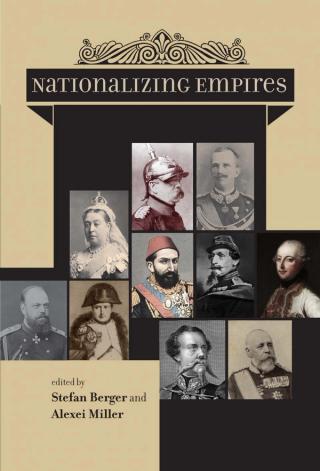
Nationalizing Empires
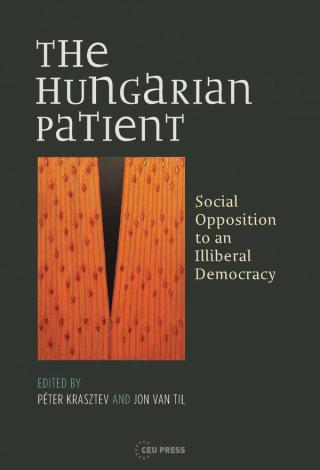
The Hungarian Patient
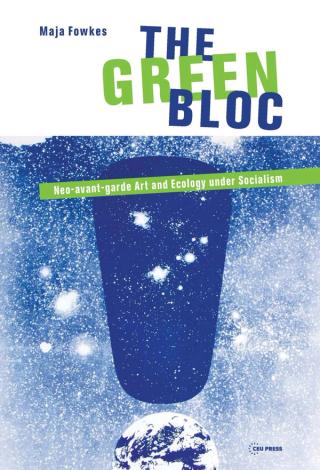
The Green Bloc
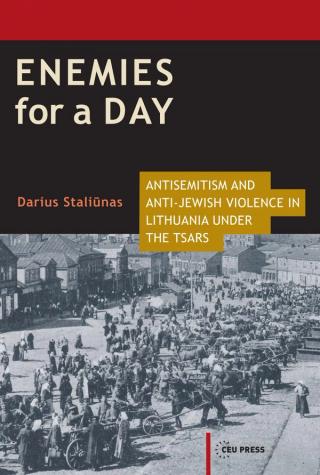
Enemies for a Day

Political Justice in Budapest after World War II
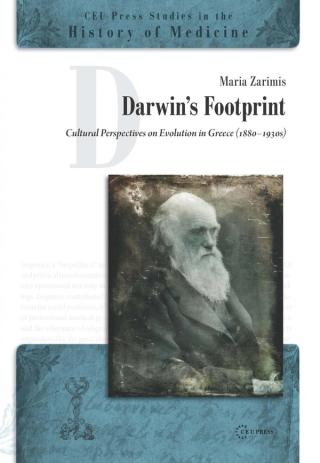
Darwin's Footprint
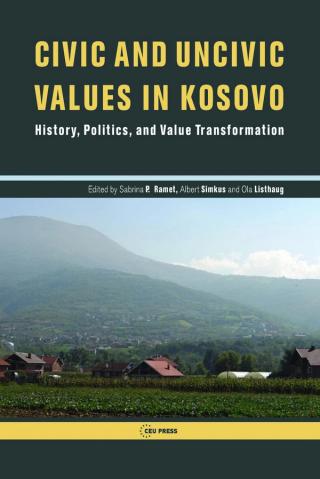
Civic and Uncivic Values in Kosovo

Free Speech and Censorship Around the Globe
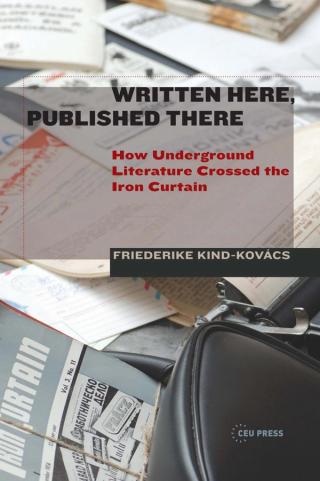
Written Here, Published There
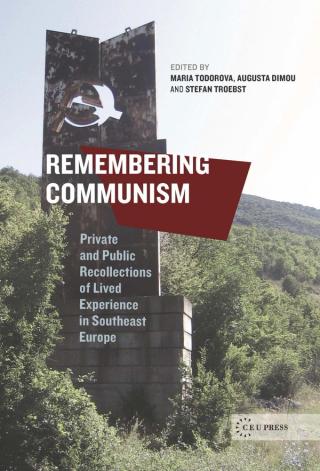
Remembering Communism
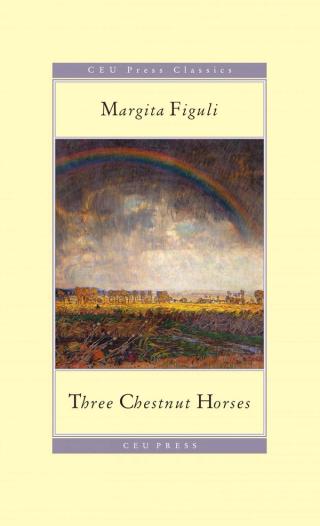
Three Chestnut Horses
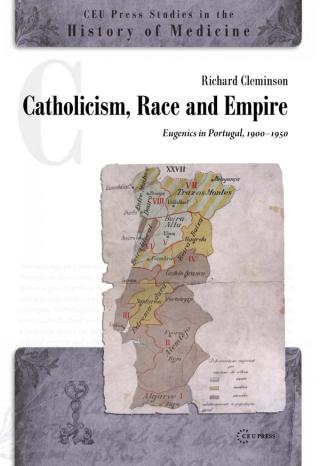
Catholicism, Race and Empire

Anti-modernism
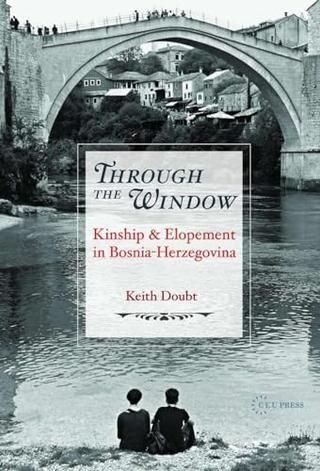
Through the Window
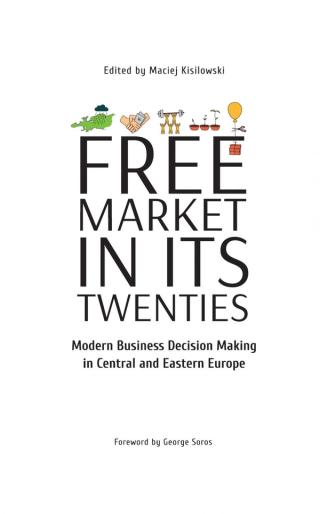
Free Market in Its Twenties

Jewish Life in Belarus
